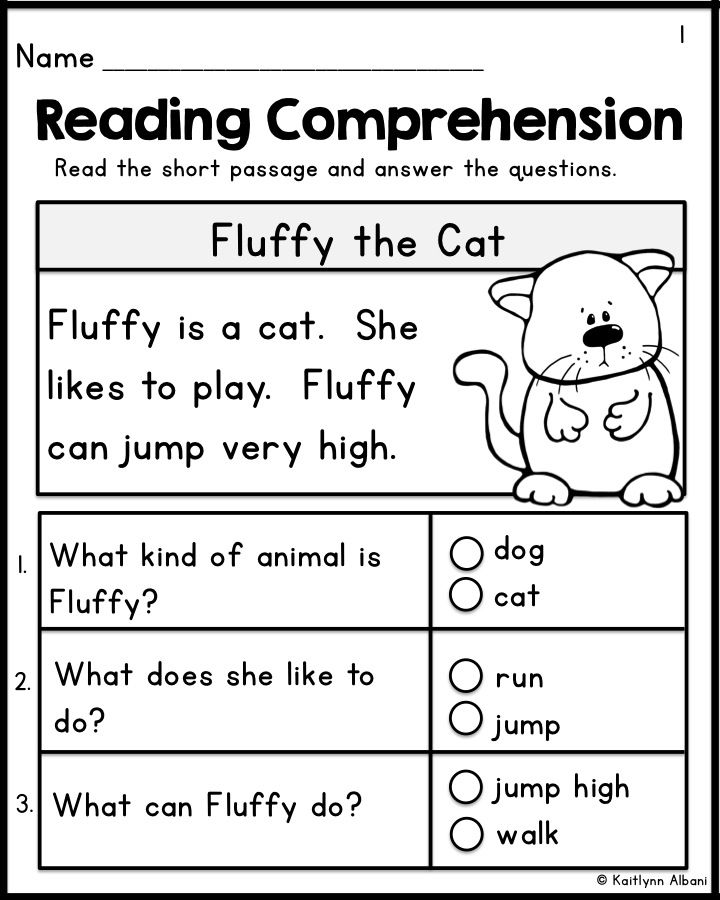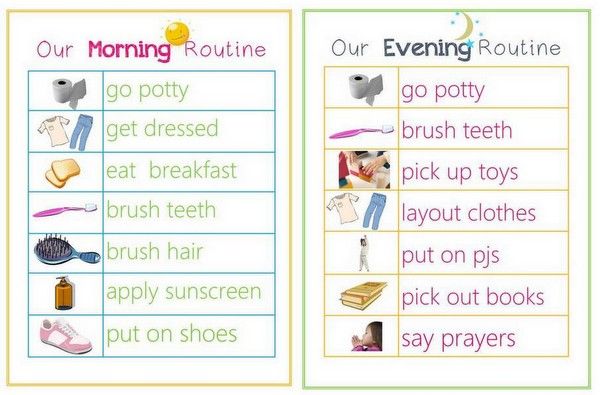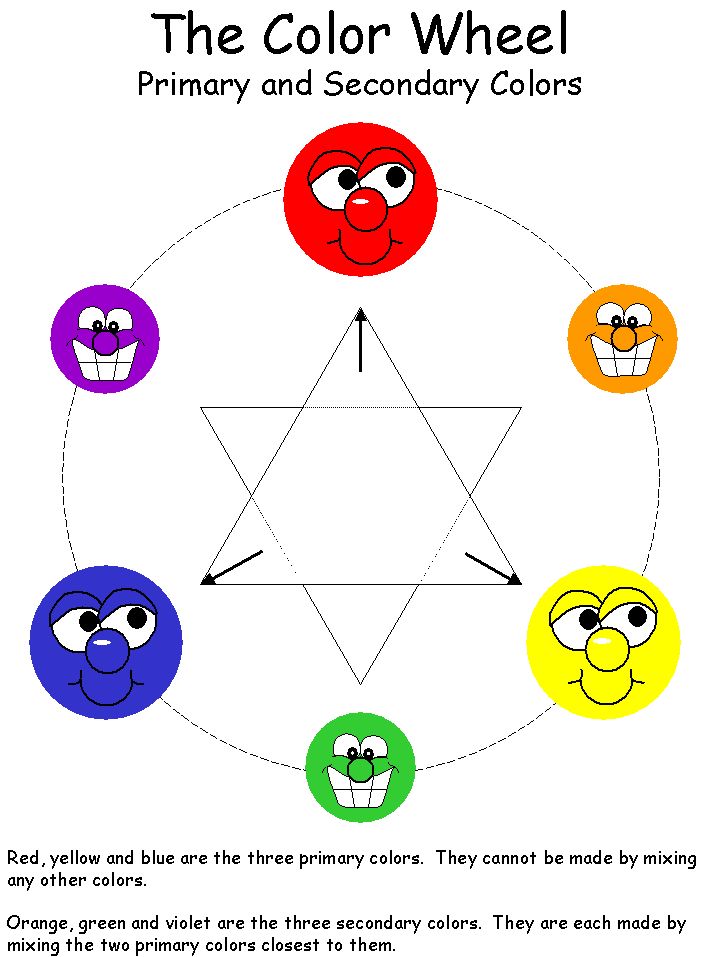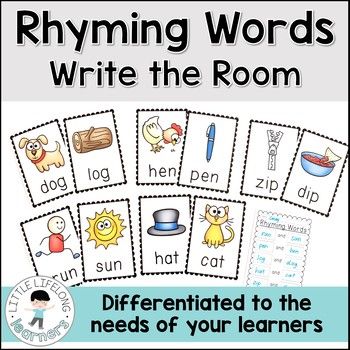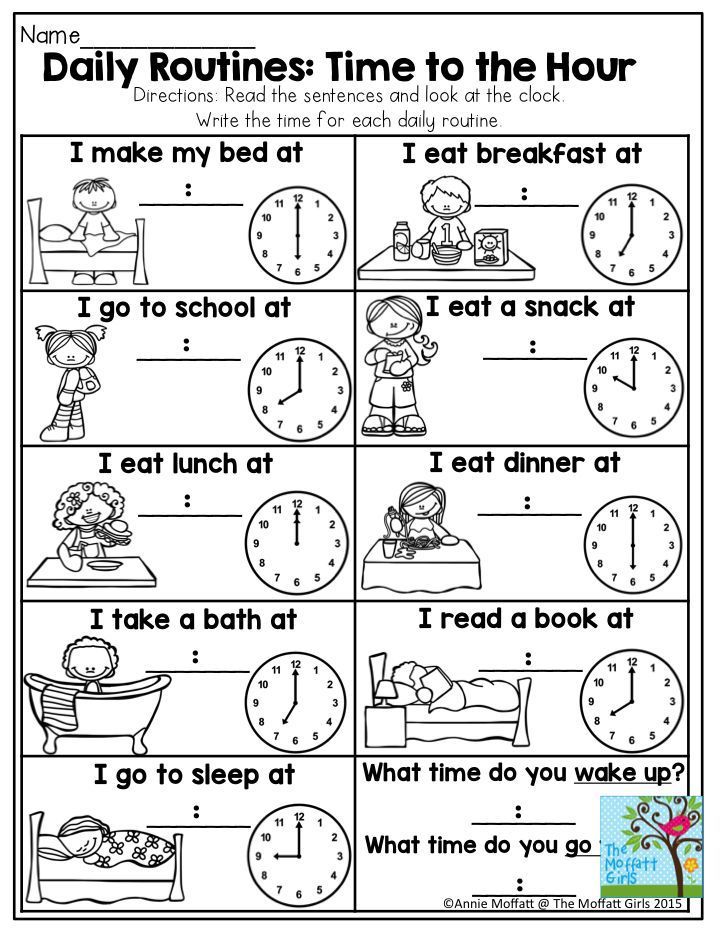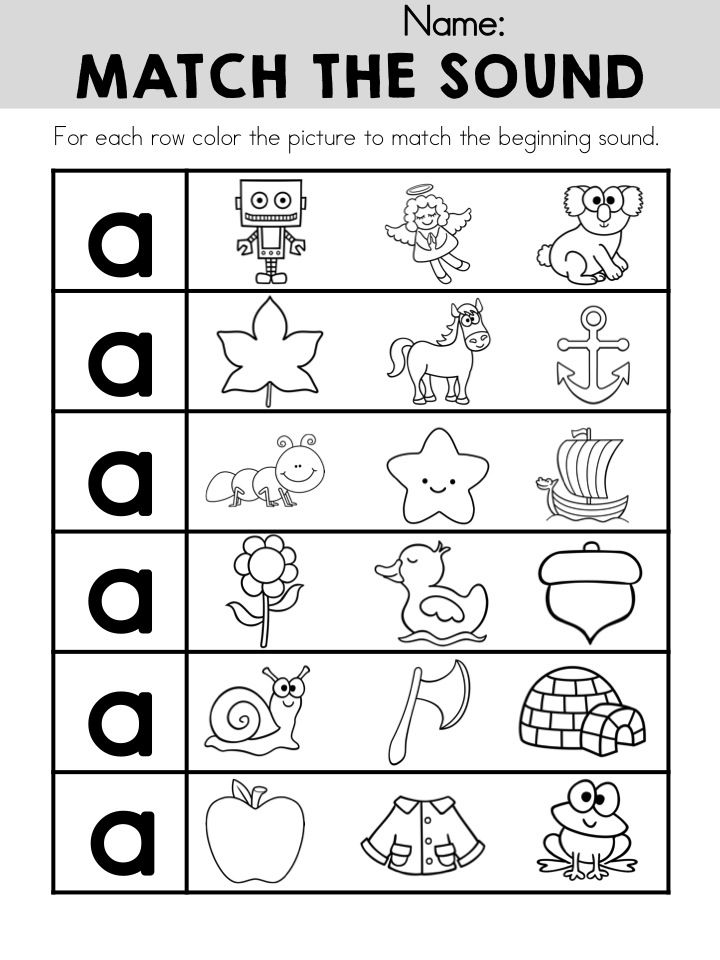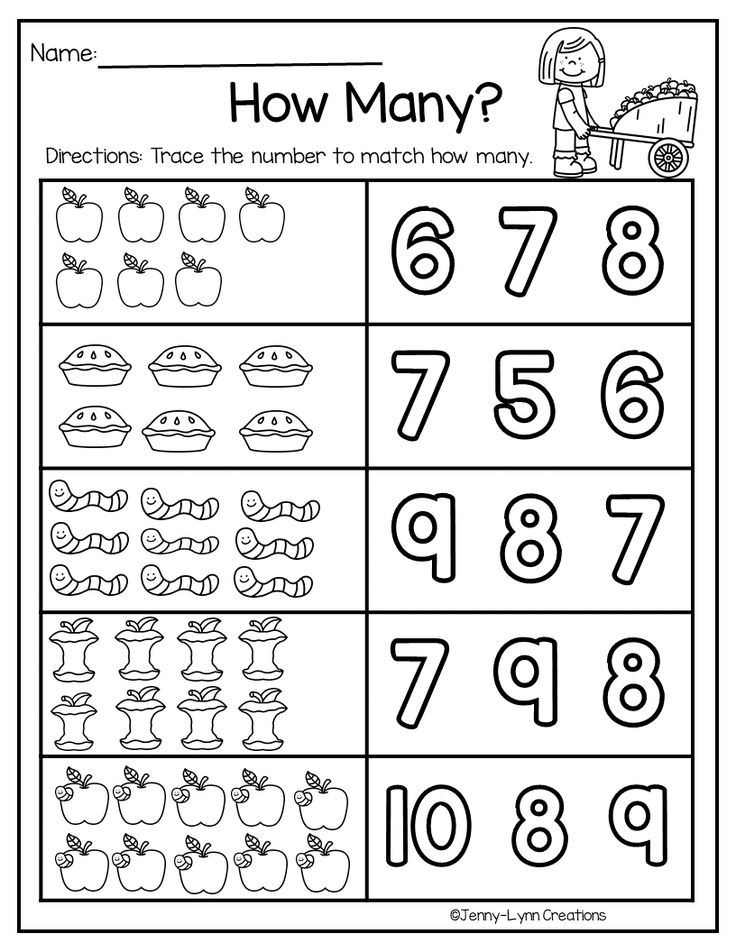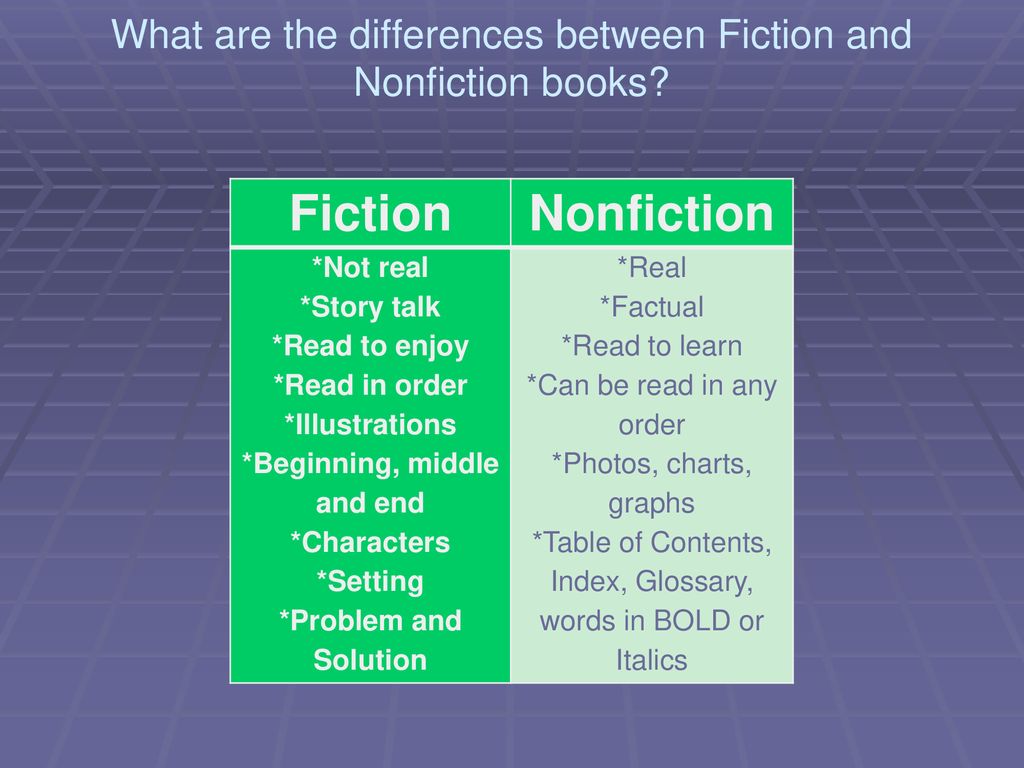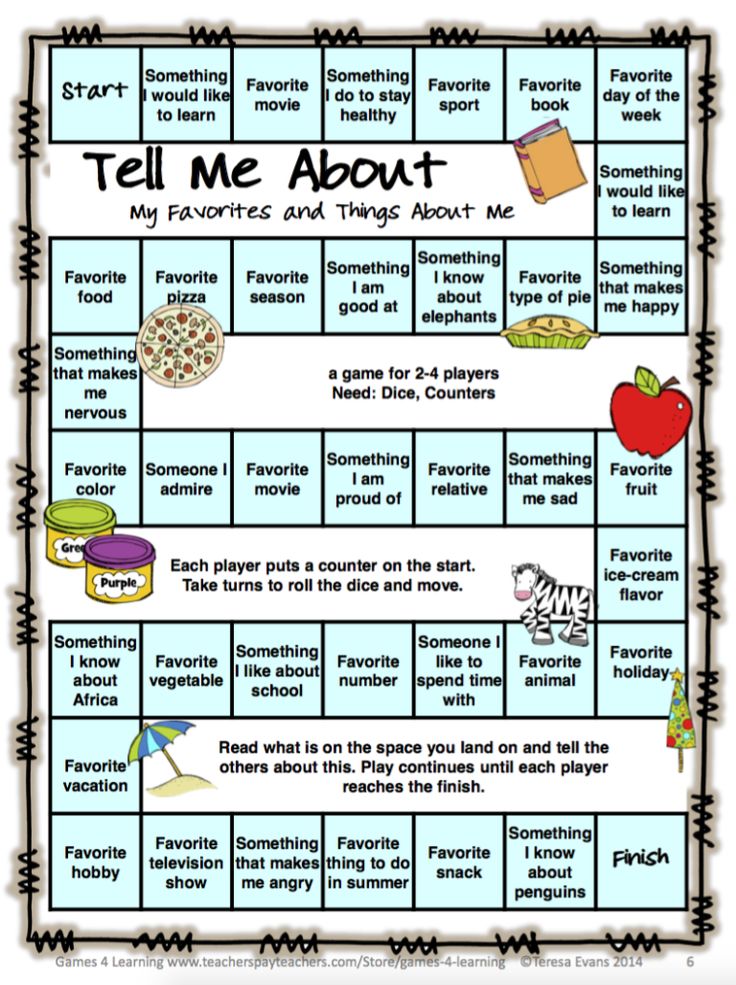Fun reading games for 5th graders
38 Engaging 5th Grade Reading Comprehension Activities
There are many ways to strengthen your students' literacy skills. Reading comprehension is a vital skill that applies to many components of being a reader and literate person.
Reading comprehension will allow your students to understand the information they are reading, which goes beyond reading the passages fluently.
Understanding the information in the text passages they are reading will allow them to answer questions about the text more accurately.
They will also be able to use evidence from the text to support opinions and summarize the information, among other skills.
Check out these 38 reading activities below that help support your 5th grade students as they strengthen their reading comprehension skills.
1. Bloom Balls
This 3D activity will really make learning come to life as your students learn about reading comprehension. This activity can be used in a variety of different ways. You could write about the main character or your classes' opinions, as just a few examples. You can even include a creative writing prompt or comprehension questions that relate to the text.
Learn more: coffeecupslessonplans.com
2. Compare the Characters
This compare-the-characters resource is perfect for discussing a protagonist and antagonist. Having a discussion about what it means to compare and contrast two different things and how to find similarities will have to take place beforehand using this writing worksheet.
Learn more: fcrr.org
3. Volcano Graphic Organizer
This volcano is a fun graphic, that students can relate to, that can be customized. Sequencing the story, discussing character traits, or looking at your impressions, like the graphic above, can help students comprehend the information they are reading. This is especially fun to work through with fiction stories that are written at a fifth-grade reading level.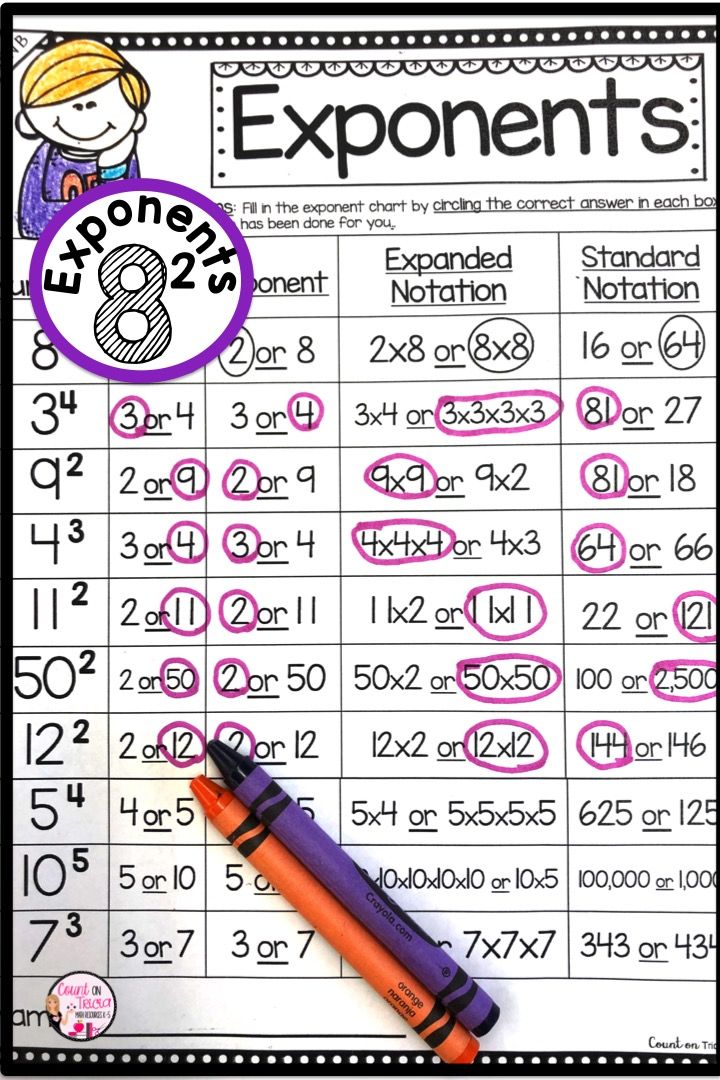
Learn more: studenttreasures.com
4. Wanted Poster
This activity is especially fun because it takes a different approach to most literary activities. Most literary activities focus heavily on the protagonist or hero of the story whereas this assignment allows students to write a blurb about the antagonist or villain after reading the 5th grade reading passage or a different level entirely depending on their level of reading.
Learn more: education.com
5. Make a Timeline
Your students can make a timeline using their fictional or nonfictional pieces of text. Depending on their reading level, they can use pictures or words. This assignment deals heavily with the skill of sequencing the story by putting the events in the correct order. They can present their work after they are finished to work on their oral reading as a reading exercise.
Learn more: education.com
6. Anticipation Guide
This printable reading activity is very helpful when students are working on their prediction and inferring skills. Using pictures to make conclusions about the texts they are reading is an important part of reading comprehension. It is a reading comprehension worksheet that can be done as a whole class or in small groups.
Using pictures to make conclusions about the texts they are reading is an important part of reading comprehension. It is a reading comprehension worksheet that can be done as a whole class or in small groups.
Learn more: readingrockets.org
7. Lego Read and Build
Your students will enjoy retelling fiction texts and nonfiction texts using these fun lego pieces. A lot of students are already familiar with how to use these lego pieces, so they will already have some background knowledge going into this activity. This is a new way to integrate learning and creativity inside an exciting reading challenge!
Learn more: theeducatorspinonit.com
8. Signal Words and Story Mats
This activity will help your students think about and reflect on the most important information in the story. Having them sort the who, what, where, and when of a story will help your students understand what they are reading that much more and reinforce their knowledge.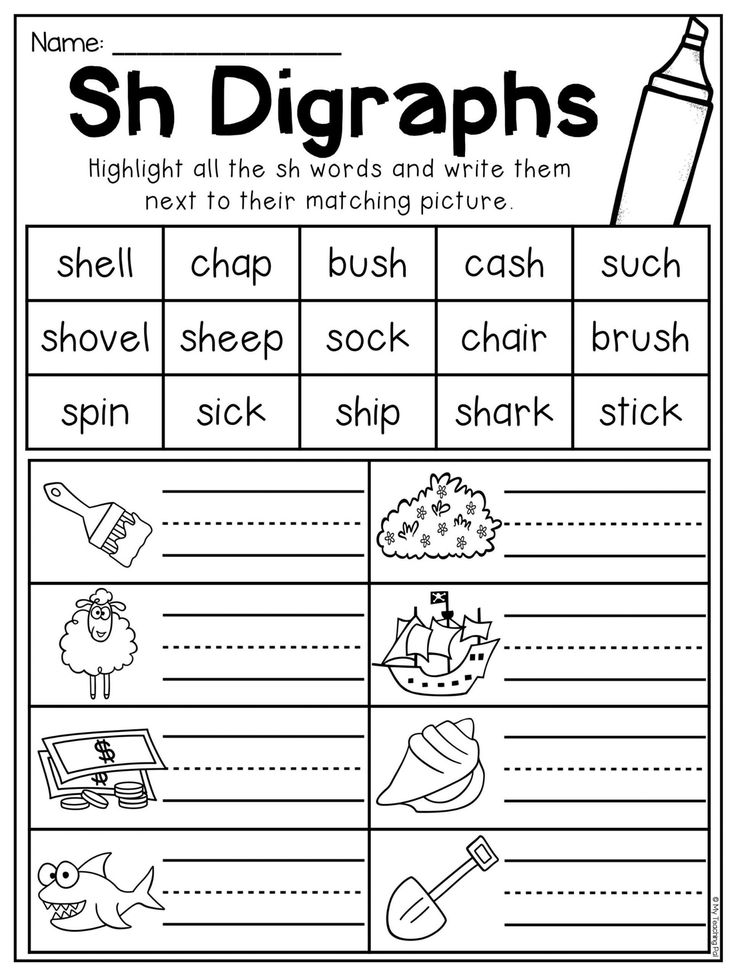 This activity is a variation of the traditional story map idea. This can be done with fiction and nonfiction stories.
This activity is a variation of the traditional story map idea. This can be done with fiction and nonfiction stories.
Learn more: thisreadingmama.com
9. Story Train
Writing out story elements in their own compartments when describing a story they read or wrote themselves can help students comprehend these facets more deeply. Your students can get as creative as they like when designing their train, which will appeal to students who are hesitant.
Learn more: steamsational.com
10. After Story Spinner
This after story spinner gives the instructor many examples of sentence stems to generate conversation and discussion among the students. This activity can be done with the students working in pairs, individually as a written assignment, or as a whole class. These are important questions for students to answer.
Learn more: teachersherpa.com
11. Interactive Notebooks
View this post on Instagram
A post shared by Melissa (@principalinpinkheels)
Use this activity throughout your student's interactive notebooks to introduce the different genres to your students. In the fifth grade, it's important to know and understand different literary genres. Pair this with some interactive resources or a writing worksheet.
Learn more: Principal in Pink Heels
12. Book Cafe
View this post on Instagram
A post shared by Christina McCartney (@cmack365)
Bringing the atmosphere of a cafe into your reading classroom might just be the perfect integration into enhancing your students reading. Students will love filling in their laminated placemats with information from each book.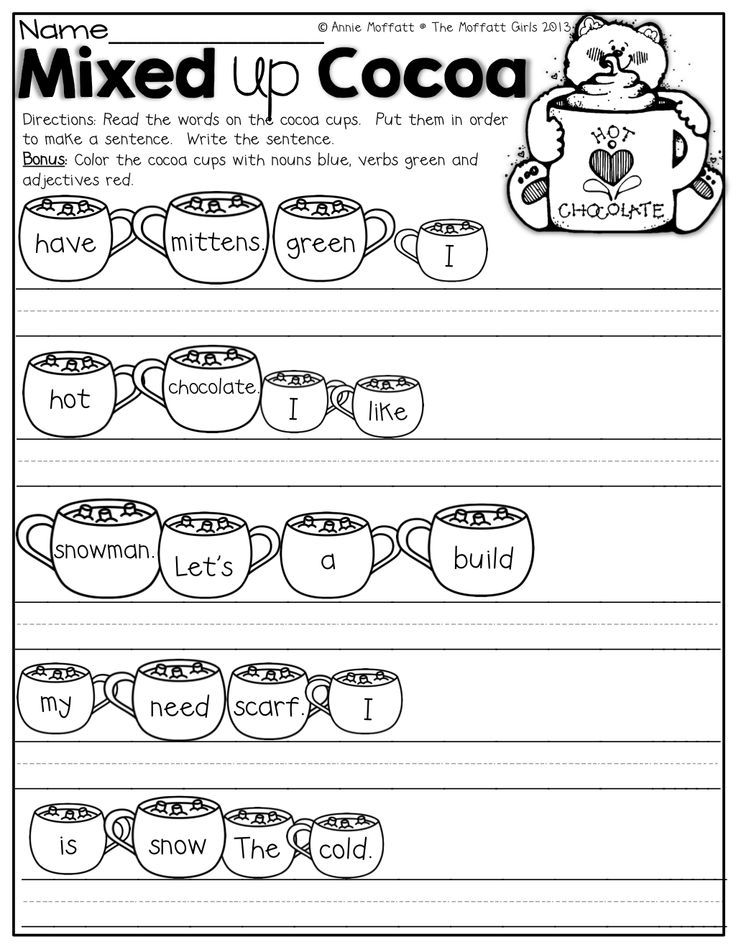 Plot twist, those placemats even act as Graphic Organizers providing your students with fun and exciting comprehension practice.
Plot twist, those placemats even act as Graphic Organizers providing your students with fun and exciting comprehension practice.
Learn more: Christina McCartney
13. Begin Reading Minilessons
View this post on Instagram
A post shared by Literacy Treasures (@literacytreasures)
Begin your reading units with these mini-lessons! These can be really tailored to any unit, book, comprehension passage, or story you're reading with your fifth graders. Help to establish strong prereading foundations.
Learn more: Literacy Treasures
14. Writing Understanding for Strong Reading Comprehension
View this post on Instagram
A post shared by Tia | 4th Grade Teacher 🍎 (@2kinderandbeyond)
Boosting your kiddo's writing will inevitably help them to become stronger in the realm of reading comprehension.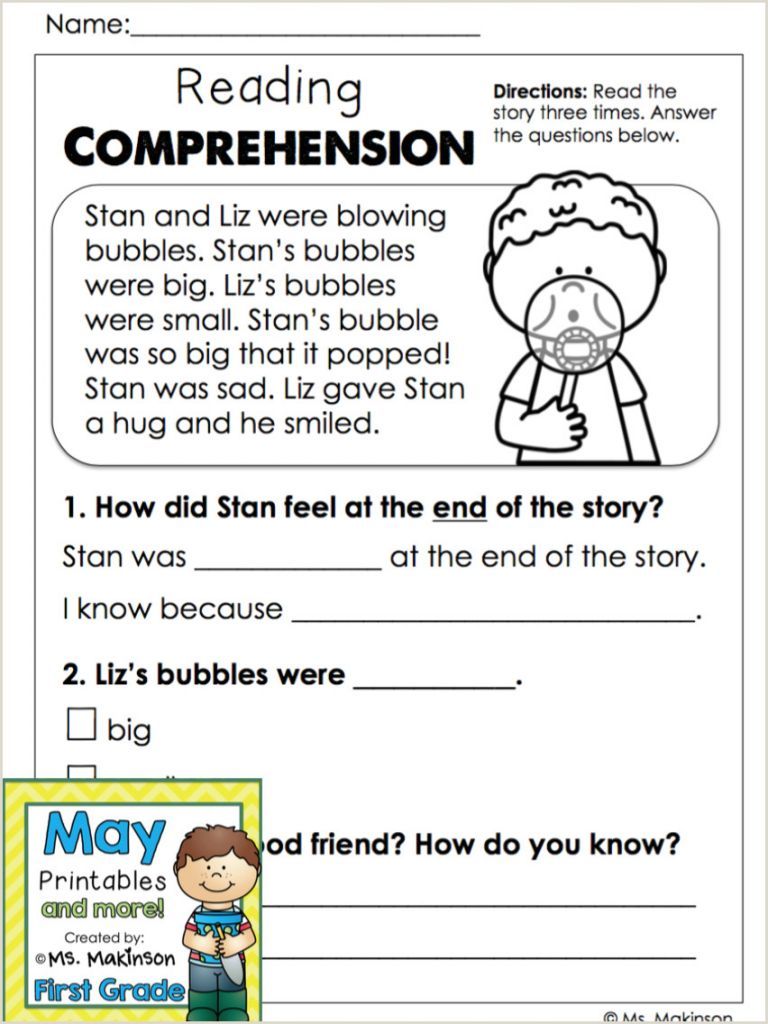 Adding a scaffold like this anchor chart into your classroom will be the perfect way to help your students grasp a better understanding of what they're writing. Break down a 5th-grade reading passage and have students find each sticky note.
Adding a scaffold like this anchor chart into your classroom will be the perfect way to help your students grasp a better understanding of what they're writing. Break down a 5th-grade reading passage and have students find each sticky note.
Learn more: 2 Kinder and Beyond
15. Before, During, After
View this post on Instagram
A post shared by Literacy Treasures (@literacytreasures)
These before, during, and after bookmarks will help give students a guide throughout their entire reading process. Students can read and use these bookmarks at their own pace and integrate it into whichever story or novel they are reading. Provide students with the skills they need to fully enforce active reading.
Learn more: Literacy Treasures
16.
 Build Some Reading Stamina
Build Some Reading Stamina View this post on Instagram
A post shared by Literacy Treasures (@literacytreasures)
This is a super fun activity that students will love to complete. Understanding the stamina of themselves and others in the classroom will be very helpful to the enhancement of their knowledge.
Learn more: Literacy Treasures
17. Character Trait Comics
View this post on Instagram
A post shared by Jenn Larson | Teacher (@theteachernextdoor)
Fifth-graders love comics. In my experience, teaching fifth-grade in the US and in various countries, every 10-12-year-old loves these books! They're fun, they're interactive, and most of all, they're creative.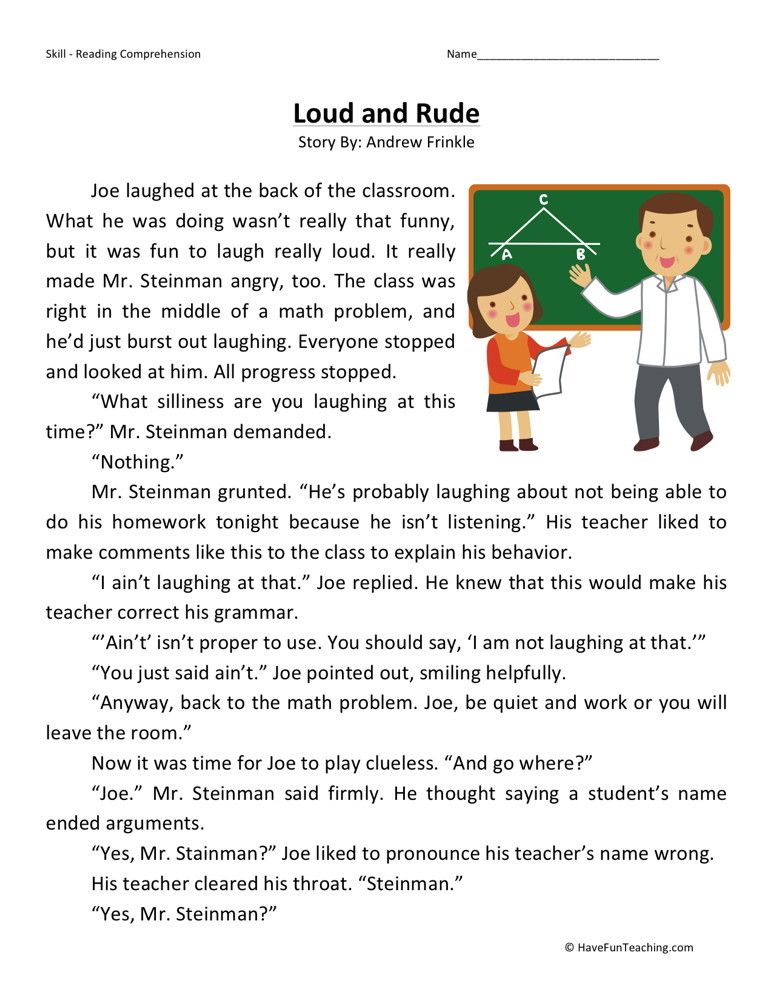 Your kiddos will love these character trait comic strips.
Your kiddos will love these character trait comic strips.
Learn more: The Teacher Next Door
19. Reading Binders
View this post on Instagram
A post shared by Literacy Treasures (@literacytreasures)
Skip the reading notebooks this year, and have students create their own reading binders. Take it to a new level. Students will love the idea of having their own binders and being treated as more mature. You and teachers in the future will love the organization skills they've developed over time.
Learn more: Literacy Treasures
20. Literature Circles
View this post on Instagram
A post shared by Ms.
Goss (@mrs.bishop.2022)
Being comfortable will surely enhance students' love for reading time. Being able to go places that aren't normally allowed makes the reading experience that much more desirable. Literature circles also help to enhance students' oral reading.
Learn more: Mrs. Bishop 2022
21. Blurb Work
View this post on Instagram
A post shared by Literacy Treasures (@literacytreasures)
Independent reading is a qualification in the fifth grade. Independent reading helps not only build student comprehension but also a comprehensive vocabulary. Blurb work will help students to choose and understand books just by reading "blurbs".
Learn more: Literacy Treasures
22. Sticky Notes and W Questions
View this post on Instagram
A post shared by Author Chas Stoneham M. Ed (@thecre8tiveauthor)
I honestly have met very few fifth graders who aren't excited about sticky notes. Most of my kiddos almost reach a new level of excitement when it comes to sticky notes. This is a great idea for answering different W questions after reading.
Learn more: The Cre8tive Author
23. Reading Workshop Checklist
View this post on Instagram
A post shared by Kenneson's Kreations (@kennesonskreations)
If you're a teacher, you have a pretty good understanding of the importance of smoothly running reading workshops. If they're not smooth, they're chaos.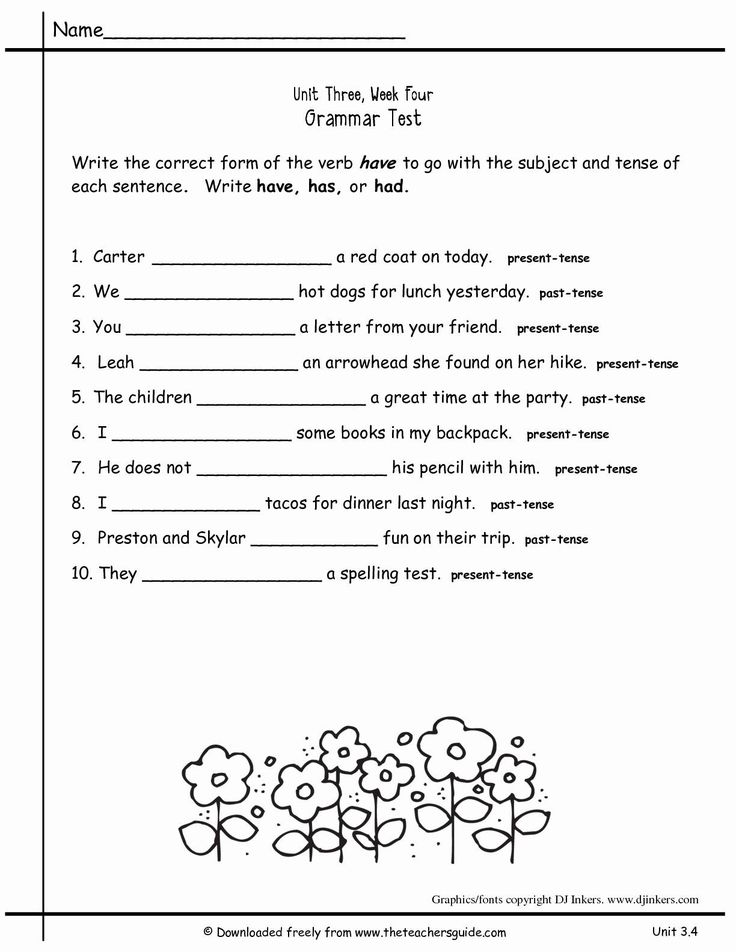 Giving students strong direction will give them the space and confidence to work independently.
Giving students strong direction will give them the space and confidence to work independently.
Learn more: Kenneson's Kreations
24. Book Tournament
View this post on Instagram
A post shared by Cindy Miller (@miraculousjourneyofmrs.miller)
Finding different ways to persuade your kiddos to read is always challenging. If you've got basketball lovers in your fifth grade this year, I strongly recommend this book tournament to get them motivated and reading both at home and in the classroom!
Learn more: Miraculous Journey From Mrs. Miller
25. Dreamy Conclusions
View this post on Instagram
A post shared by The Center Fairy™️ 🧚- Math & Literacy Centers Coach | Farrah (@farrahhenleyeducation)
Making conclusions gets more and more difficult as students progress in age. Dreamy conclusions is a game that students will love to play, but will also purposefully benefit from.
Dreamy conclusions is a game that students will love to play, but will also purposefully benefit from.
Learn more: Farrah Henley Education
26. Sight Word Challenge
5th grade sight words help students to have a wider range of vocabulary retention. This, in turn, will help your students to develop both stronger comprehension and overall improved fluency.
Learn more: Teacher Calai
27. Reading Comprehension Jenga
Jenga can be used for various activities. It's never a bad idea to get a wooden Jenga set to integrate into your classroom. It can be tailored to really any subject you're teaching.
Pro tip: Write different comprehension questions on pieces of paper and tape them on so that they can be removed and the blocks can be used elsewhere.
28. Frog Songs
Use this video in your classroom to have students listen or read about the different sounds frogs make. There are comprehension questions at the end of this video, which can be used to assess student comprehension understanding or as practice in small reading groups.
Learn more: Hype Math
29. Read Aloud Books
Read-alouds are important for really any grade. There's no doubt kids love hearing adults read to them. In the case that you don't have the time or need some time to yourself throughout the day (no hard feelings, we've all been there). Playing a read-aloud on the projector or smart board is still giving your kiddos what they need to become better readers! There are a ton of fifth-grade reading-level book options available!
Learn more: 26 Suggested 5th Grade Read Aloud Books
30.
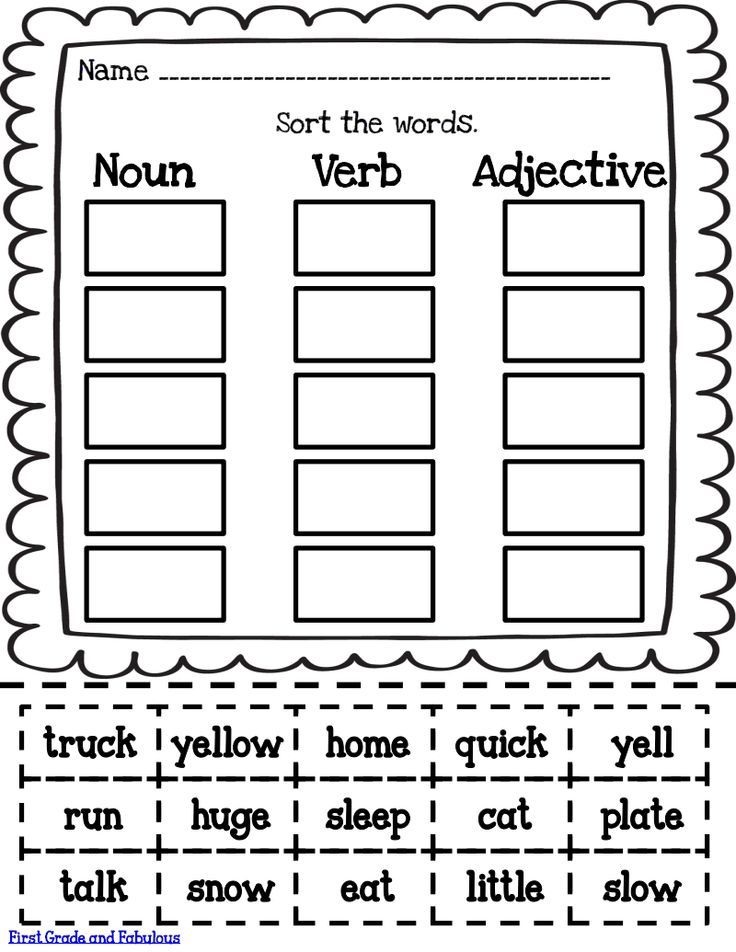 5th Grade Spelling Bee
5th Grade Spelling Bee My kiddos absolutely love when we have a spelling bee in the classroom. This can be used at any time that your kids need a little break from the intensity that can be fifth grade. Although this isn't directly a reading activity, becoming better spellers, leads to higher fluency, which in turn, reflects better comprehension.
Learn more: Thomas 8 April
31. Disney Characters Brain Break
By reading into the context clues provided in the pictures, students will develop deeper thinking skills.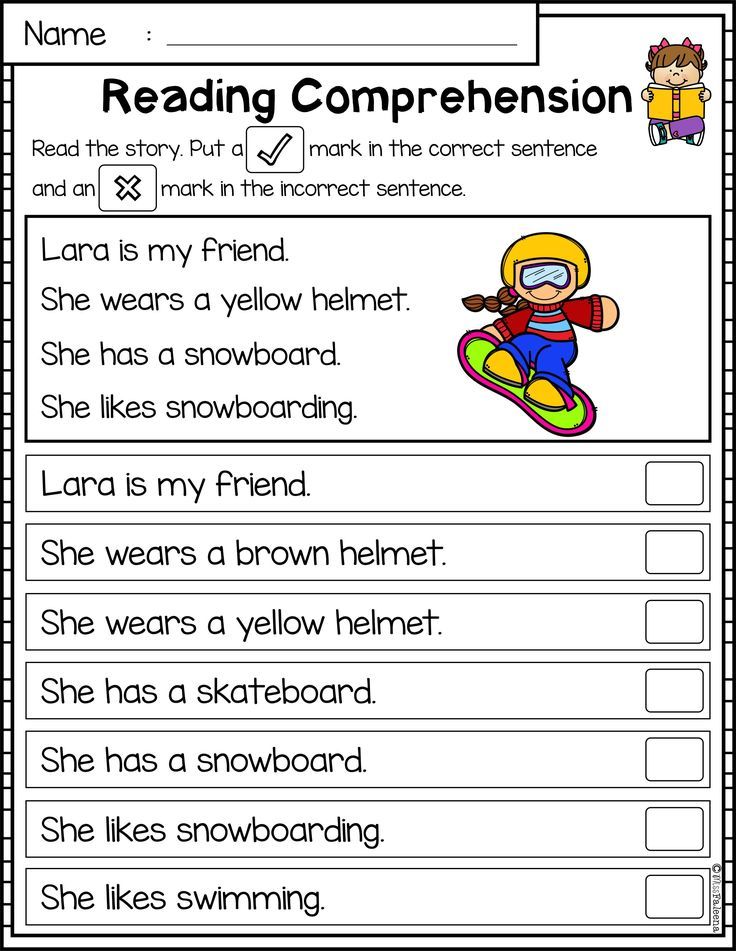 This is a really special skill for students to have and this video makes it fun and active! It's secretly an exciting reading challenge for your students.
This is a really special skill for students to have and this video makes it fun and active! It's secretly an exciting reading challenge for your students.
Learn more: PE with Coach Shockley
32. Island of the Blue Dolphin
Island of the Blue Dolphin is hands down a fifth-grade favorite! Filled with so many different aspects of reading comprehension, this book is essential to bring into the classroom. Use this video as a read-aloud for students whose fluency isn't quite as strong as you need to be to reach a high level of comprehension.
Learn more: Saeed English
33. Riddles
Developing metalinguistic awareness is extremely helpful for increasing reading comprehension skills. One way to do that is through riddles. Riddles help students to distance themselves from what they're seeing or reading and make sense of it.
One way to do that is through riddles. Riddles help students to distance themselves from what they're seeing or reading and make sense of it.
Think outside the box, if you will.
Learn more: 50 Riddles To Keep Your Students Engaged and Entertained!
34. Understanding Figurative Language
Having a basic understanding of Figurative Language is vital in the fifth grade. Set your kiddos up for success with this Figurative Language activity. This can be played in a variety of different ways and will work great for students in small groups.
Learn more: Wordwall
35. Create Your Own Activity
Wordwall.net has so many opportunities for teachers to create their own super fun activities. These activities can literally be tailored to any subject or topic that you've been teaching in the classroom. Simple make a free account and get to creating!
Learn more: Wordwall
36.
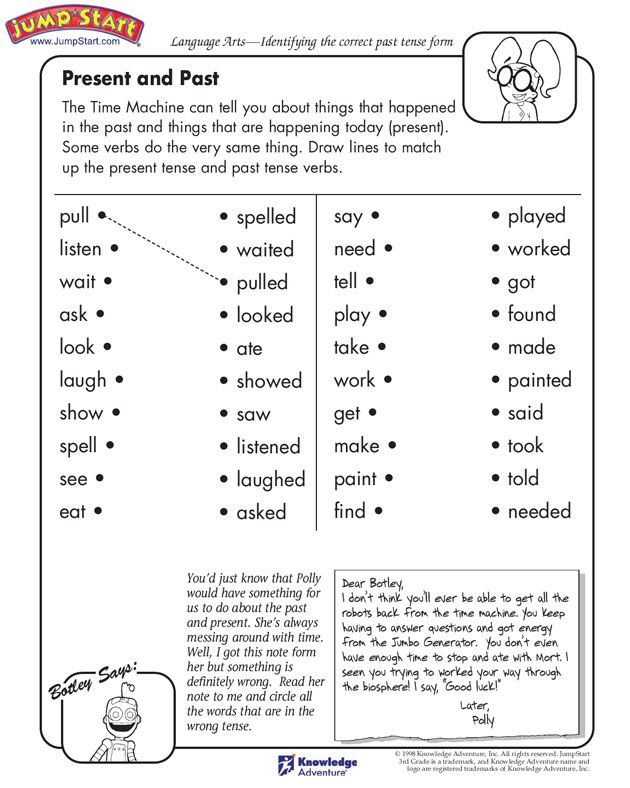 Listening Comprehension
Listening Comprehension Work on your students' listening comprehension with this video. Your students will love how simple these questions are, but will also develop a better understanding of what they hear and how to talk about it.
Learn more: iSL Collective
37. Create Your Own Comprehension Video
Although ISL Collective was primarily developed for ESL learners, it can literally be used in any classroom. Teachers can create their very own videos that follow along with any Youtube video on the web. Students will love the question pop-ups and teachers will love the automatic multiple choice worksheets.
Learn more: iSL Collective
38. Evan-Moor Daily Reading Comprehension
These daily reading review comprehension pages are so helpful for kids in all grades. In some cases, schools will use them throughout the grade and kids will be familiar with the setup. Integrating these short readings into your fifth-grade classroom will be very beneficial to all of your students.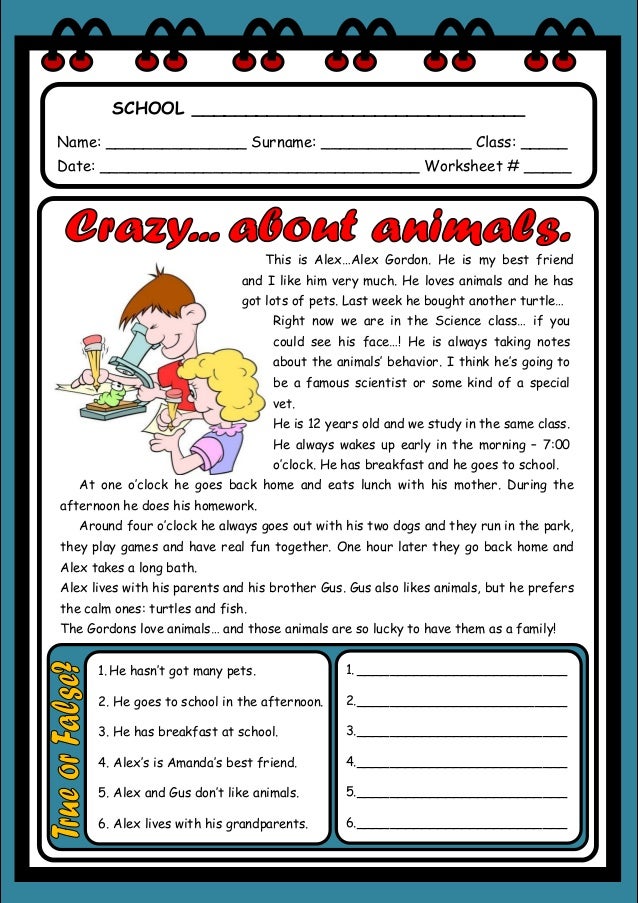
Learn more: Amazon
Final Thoughts
Literacy is one of the core focuses of many schools whether you are focusing on reading, writing, or comprehension. These activities are fun and interesting for students to participate in and they can be tailored to suit the needs of your students.
Using games, assignments, and hands-on materials can allow your students to make connections that go beyond the surface level of understanding that they would achieve if they were only doing worksheets. These reading comprehension activities incorporate comprehension questions for your students to answer using different mediums. Question banks are available in some of these ideas as well to support students and give them prompts.
Reading Games | PBS KIDS
Reading Games | PBS KIDS Reading GamesMore Games
Curious George
Hide and Seek
Look and find numbers game
Play Now!Sesame Street
Abby's Sandbox Search
Literacy-English Language Arts (ELA)
Help Abby find the objects hidden in the sand!
Xavier Riddle and the Secret Museum
Xavier Story Creator
Literacy-English Language Arts (ELA)
Create stories your own way!
Peg + Cat
The Big Dog Problem
Mathematics,Computational Thinking
Read a storybook with Peg and Cat!
Peg + Cat
The Election Problem
Literacy-English Language Arts (ELA),Mathematics,Social Studies,Computational Thinking
The chickens vote for someone to watch them while the farmer is away!
Sesame Street
Storybook Builder
Literacy-English Language Arts (ELA),Social & Emotional Growth
Create stories with Elmo, Abby Cadabby, and Cookie Monster!
Sesame Street
Letter Dance Party
Literacy-English Language Arts (ELA)
In this game, your child can practice letter recognition and dance with Big Bird and Snuffy.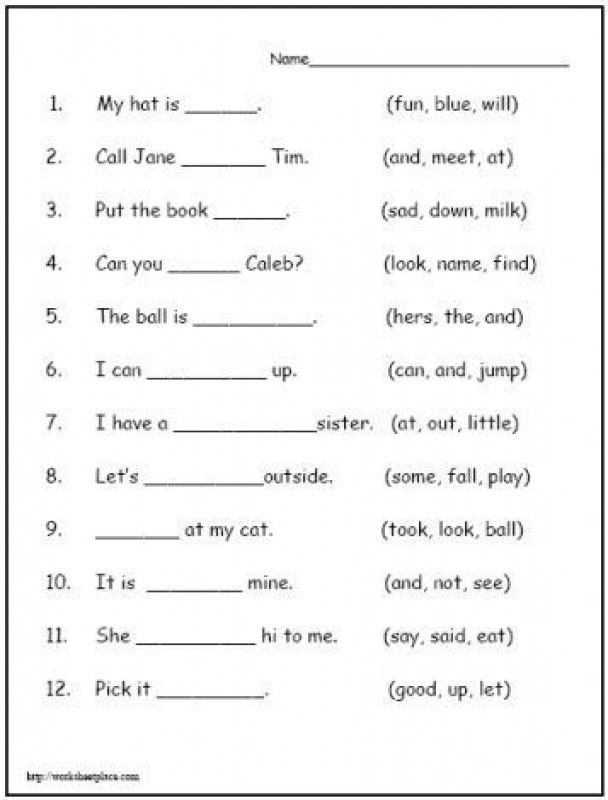
Plum Landing
Can You Dig It?
Science
Dig underground to find food, but watch out for predators!
Martha Speaks
A Tale of Two Soup Cans
Literacy-English Language Arts (ELA)
A Martha True Story about two soup cans and what happens when we are done with them.
Martha Speaks
Getting To The Game
Literacy-English Language Arts (ELA)
A Martha True Story about getting to the game!
Martha Speaks
Operation Ice Cream
Literacy-English Language Arts (ELA)
A Martha True Story about all the ways to get the message out about an ice cream party!
Martha Speaks
How to be an Inventor
Literacy-English Language Arts (ELA)
A Martha True Story about how to be an inventor!
Martha Speaks
Super Inventions
Literacy-English Language Arts (ELA)
One of the Martha True Stories texts.
Martha Speaks
How Do You Measure Up?
Literacy-English Language Arts (ELA),Mathematics
Read about measurement with Martha!
Martha Speaks
Planning an Elephant's Party
Literacy-English Language Arts (ELA),Mathematics
A Martha True Story about planning an elephant's birthday party!
WordGirl
Comic Book
Literacy-English Language Arts (ELA)
WordGirl Interactive Comic Book Activity
WordGirl
Storybook Adventure
Literacy-English Language Arts (ELA)
html5 choose your own adventure book
Arthur
Arthur's Park
Literacy-English Language Arts (ELA),Science,Social & Emotional Growth,Executive Function Skills
Help Arthur build a new park and beautify Elwood City!
Clifford the Big Red Dog
Adventure Stories
Literacy-English Language Arts (ELA)
Create stories with Clifford!
Molly of Denali
Explore With Molly
Literacy-English Language Arts (ELA),Social Studies,The Arts
Explore Molly's town, play games, and help her neighbors pick blueberries, find agate stones, and make syrup!
Molly of Denali
Fish Camp
Literacy-English Language Arts (ELA),Social Studies
Fish for salmon with fishing rods and wheels to feed Molly's friends and sled dogs!
Molly of Denali
Beading Art
Literacy-English Language Arts (ELA),Social Studies,The Arts
Create beaded designs with Molly using step-by-step instructions or create your own designs.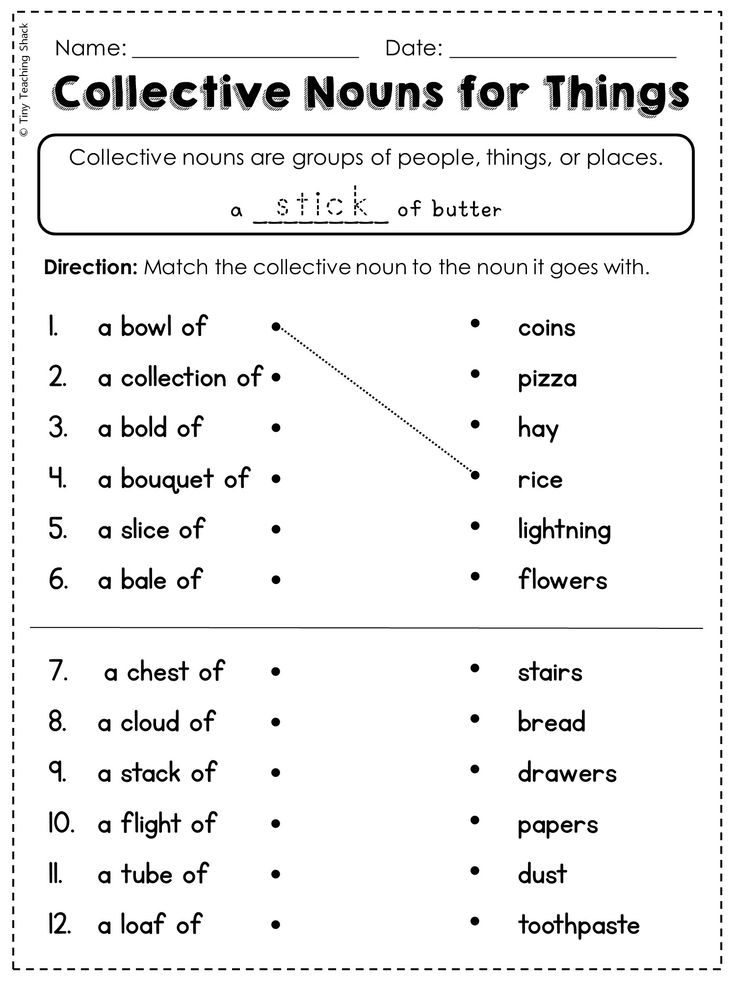
Molly of Denali
Denali Trading Post
Literacy-English Language Arts (ELA),Mathematics,Social Studies,Executive Function Skills
Help run the Trading Post with Molly and Suki! Fill customer orders and restock shelves.
Molly of Denali
Sled Dog Dash
Literacy-English Language Arts (ELA),Social Studies
Go on a sledding adventure! Help Molly care for the sled dogs and make deliveries.
Molly of Denali
Veggiezilla!
Literacy-English Language Arts (ELA),Science,Mathematics
Grow giant vegetables with Molly and Trini for the Alaska State Fair!
Molly of Denali
Alaskan Adventure
Literacy-English Language Arts (ELA),Science
Explore the Alaskan wilderness with Molly, her mom, and Nina. Take photos of amazing animals and record what you find in your notebook.
Super Why!
Wonder Red’s Rhyme Racer
Roller skate and rhyme with Wonder Red.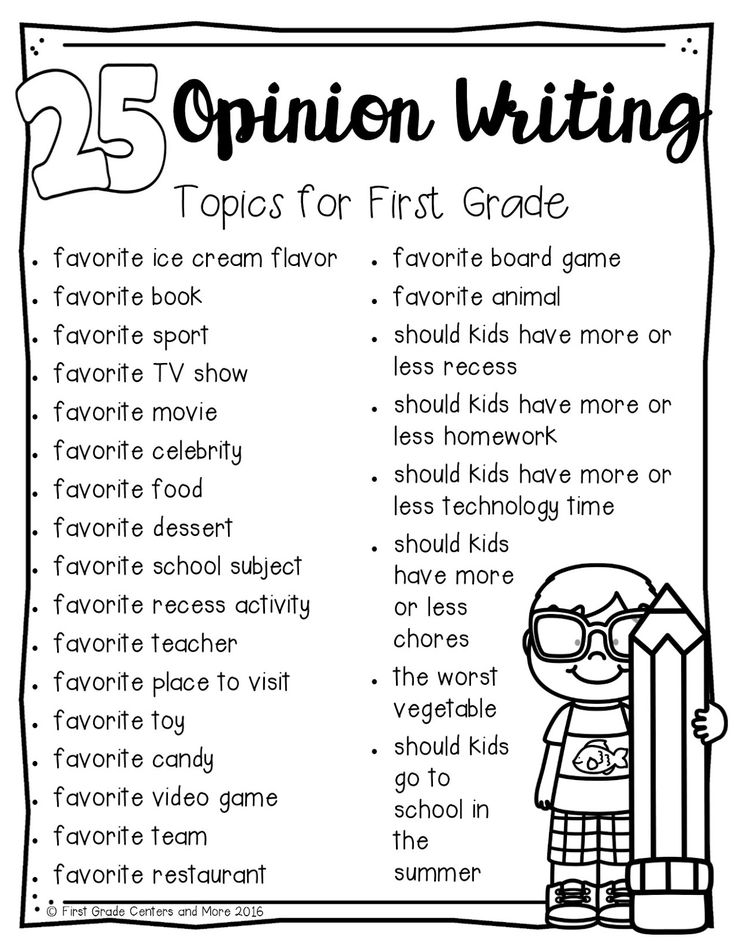
Super Why!
Alpha Pig's Paint By Letter
Literacy-English Language Arts (ELA)
alpha pig letter and painting game
Super Why!
Super Why! Saves the Day
Literacy-English Language Arts (ELA)
Use your spelling knowledge to help Super Why finish the story!
Super Why!
Storybook Creator
Literacy-English Language Arts (ELA)
super why reading storybook creator
Super Why!
Princess Presto's Spectacular Spelling Play
Literacy-English Language Arts (ELA)
Help Princess Presto put on a spelling play filled with letters!
Molly of Denali
Molly’s Winter Kitchen
Literacy-English Language Arts (ELA),Science,Social Studies
Help Molly and her mom prepare traditional foods to last all winter!
-
Alma's Way
Alma Train Game
All Aboard with Alma! Build your own subway system to drop off and pick up passengers!
- Goals:
-
Donkey Hodie
Go Fetch With Bob Dog
Bob Dog is on a mission to become a top fetcher with his coach, Penguin Referee! Go Fetch! With Bob Dog is a fun, claw machine-style game from Donkey Hodie where players use classification, flexible thinking, and visual discrimination to help Bob Dog sort the toys he wants and toss the ones he doesn't as fast as they can.
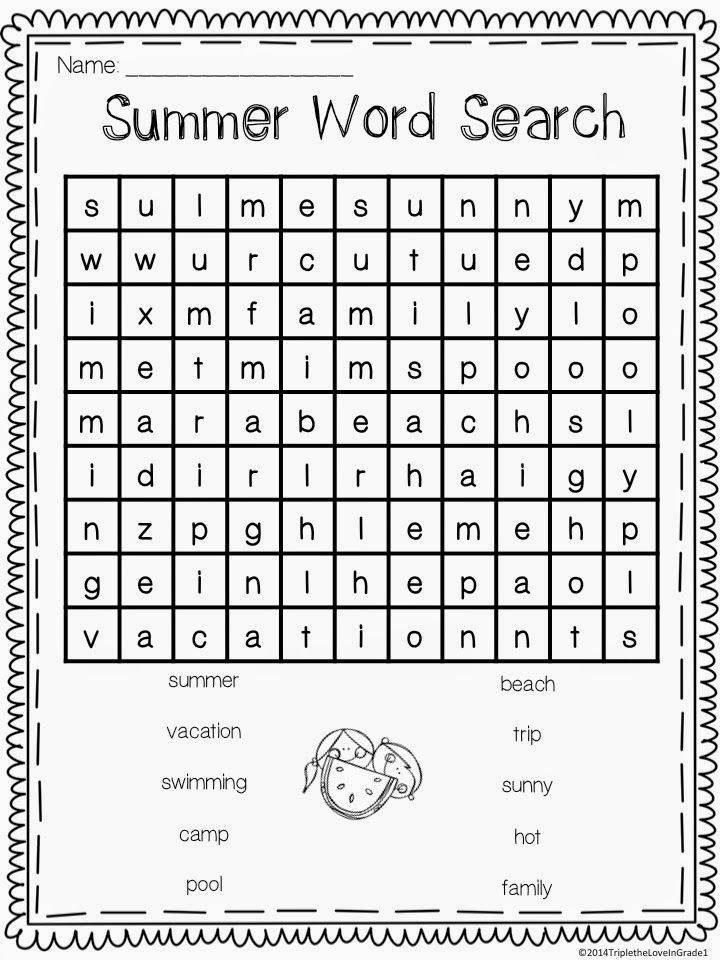 Everyone will dig it!
Everyone will dig it!- Goals:
-
Pinkalicious and Peterrific
Splashtastic Beach Day
Build sandcastles, dance with fish & more with Pinkalicious at the beach!
- Goals:
-
Xavier Riddle and the Secret Museum
Xavier's Museum Maker
New room unlocked! Build your own museum!
- Goals:
-
Xavier Riddle and the Secret Museum
Hidden Heroes
Go through the Secret Museum to find the heroes!
- Goals:
-
Pinkalicious and Peterrific
Pinkcredible Story Maker
Celebrate fall & create new Pinkalicious stories!
- Goals:
-
Sesame Street
Abby's Sandbox Search
Help Abby find the objects hidden in the sand!
- Goals:
-
Sesame Street
Grover's Rhyme Time
Travel around the world and make up dances with Grover.
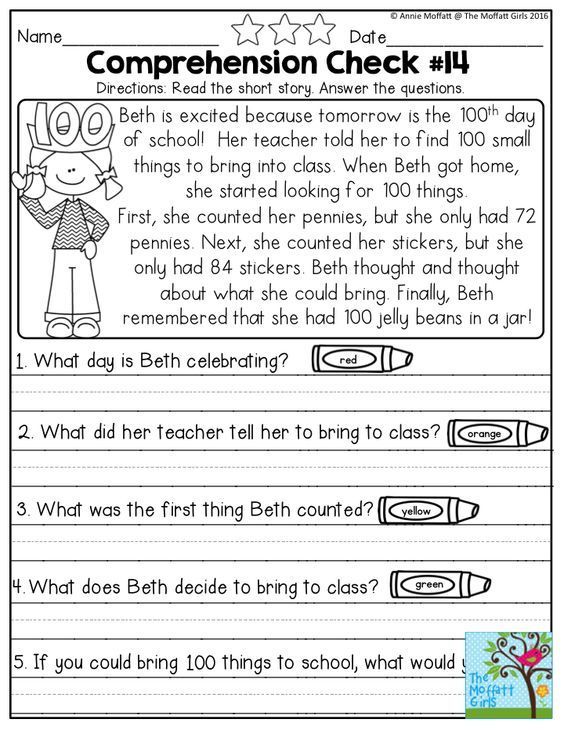
- Goals:
-
Sesame Street
A Job For Me
Explore the jobs that make up a community!
- Goals:
-
Martha Speaks
Martha Seeks!
Help the puppies dig for bones in the park by searching for clues.
- Goals:
-
Martha Speaks
Martha's Steaks
Help Martha and friends collect all the dog treats by learning new words to jump and fly around obstacles.
- Goals:
-
Martha Speaks
Socks in Space
Help Martha collect her socks... in space!
- Goals:
- Winter Games
- Friends & Neighbors Games
- Space Games
- Dress Up Games
- Engineering Games
- Back to School Games
- Play Together Games
- Feelings Games
- Nature Games
- Music Games
- Animals Games
- Reading Games
- Create Games
- Adventure Games
- Storytelling Games
- Science Games
- Shapes Games
- Dinosaurs Games
- Arts Games
- Rhyming Games
- Math Games
- Spanish Games
- Social Studies Games
- ABC Games
- Measurement Games
- Vocabulary Games
- Food Games
- Routines Games
- Matching Games
-
Elinor Wonders Why
Elinor Ari's Wonderful Ideas
Design your own animal-inspired vehicles!
- Goals:
-
Elinor Wonders Why
Elinor Nature Sights & Sounds
Make your own music nature scenes
- Goals:
-
Elinor Wonders Why
Elinor Soup's Up
Pick vegetables & make your own soup with Elinor!
- Goals:
-
Elinor Wonders Why
Elinor Hide & Seek
Hide and seek with Elinor & friends, play by yourself or with a friend!
- Goals:
-
Hero Elementary
Super Seasons Snapshots
Observe and snap photographs of animals, plants, and more throughout the seasons.
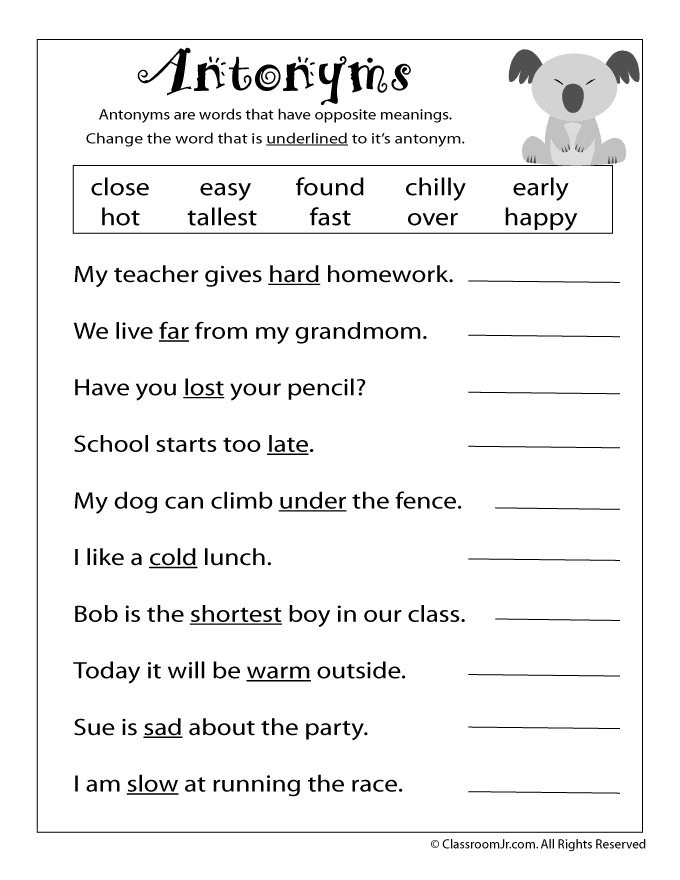
- Goals:
-
Hero Elementary
AJs Recycle Rescue
AJ has a mission to to reuse litter in the park and clean it up for his friends to enjoy.
- Goals:
-
The Cat in the Hat
Clasificalo-todo
Ayuda Nick y Sally a ordenar las diferentes cosas en Toborrowland!
- Goals:
-
Oh Noah!
Oh Noah! Curtain Up
Create your own game!
- Goals:
-
Curious George
Curious George Busy Day Spanish
Juega juegos de matemáticas con Curious George
- Goals:
-
Construir-a-ma-loo
Construye una máquina que hace obras de arte.

- Goals:
-
CITH Sonida-paluza
Construye un instrumento especial - un Sounda-pa-looza!
- Goals:
-
The Cat in the Hat
Puente-ramoso
Construye puentes con el Dragón para llegar a tiempo a la fiesta!
- Goals:
10 cool games that will teach your child to read quickly and without errors
How to teach a child to read confidently, fluently, correctly? Interest and captivate! We offer a selection of games from the teacher, speed reading and memory development instructor Guzel Abdulova.
Gyuzel Abdulova, neuropsychologist, teacher, speed reading and memory development coach, head of the Eidos Intellectual Technology Center
These exciting games will not only arouse interest in reading, but also help develop memory, attention and the level of understanding of texts.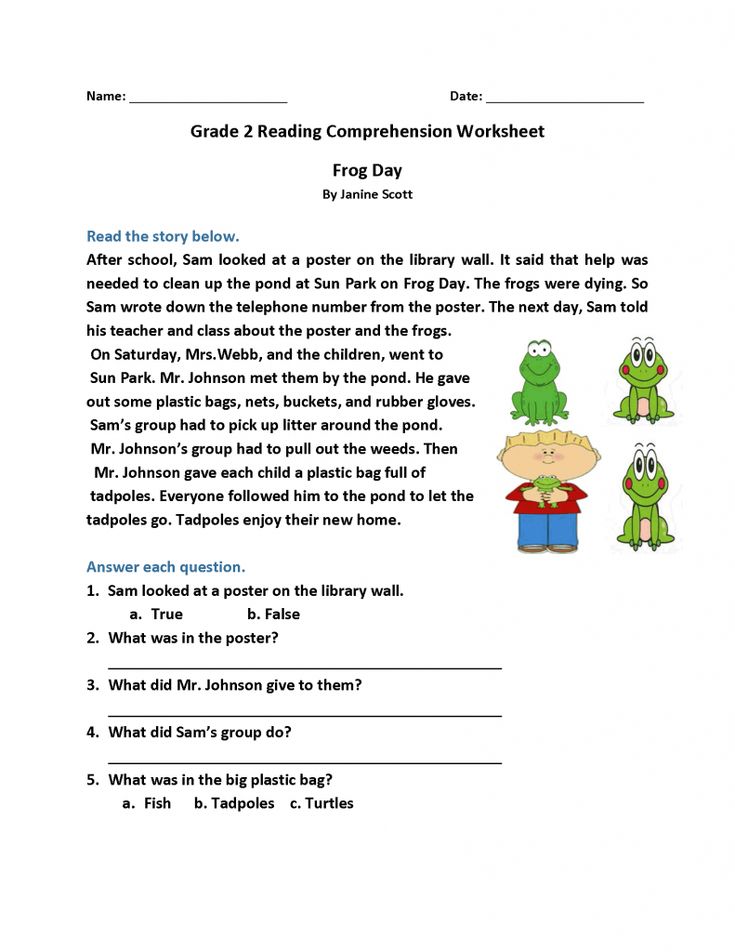 Play - reading, read - playing! nine0003
Play - reading, read - playing! nine0003
"Racing"
What should be done? Invite the child to read his favorite poem several times, each time increasing the speed and power of the voice.
Purpose. The exercise significantly increases the speed of reading, improves reading technique and promotes the development of speech.
"Foreigner"
What should be done? We read the words, highlighting the last syllable, as if with a "foreign" accent. Reading text or columns of words. For example:
There is healthy mind in a healthy body.
Not the one who is RIGHT who is strong, but the one who is honest.
A tree is supported by roots, and a person is supported by friends.
And Vaska listens and eats.
Elbow is close, but you won't bite
The cuckoo praises the rooster for praising the cuckoo.
Alone in the field is not a warrior.
Purpose.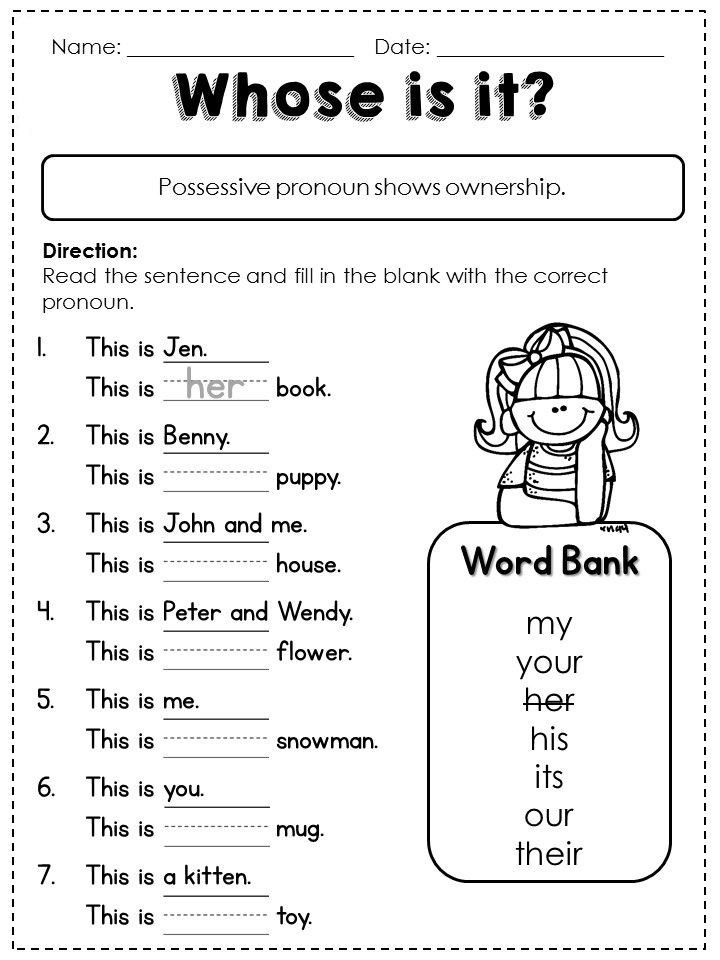 This exercise helps children get rid of the habit of swallowing endings. It is quite tedious, so we complete it for 30 seconds. nine0003
This exercise helps children get rid of the habit of swallowing endings. It is quite tedious, so we complete it for 30 seconds. nine0003
"Voices"
What should be done? The task is to read the text in the form of a person or animal, cartoon or literary character. Discuss with the child how Baba Yaga or a mouse, a hare or a wolf would read this text.
Purpose. The exercise improves the reading technique, helps to get the kid interested in reading, to show that it is fun and interesting.
"Funny Pictures"
What should be done? For this exercise, you need to match text with a large number of pictures. Cut the pictures and mix. The task of the child is to arrange the pictures in order to restore the sequence of events. nine0015 Option 1. Read the text and put the pictures in order.
Option 2. Tell a story from pictures. Then read the text and compare your version with the one proposed.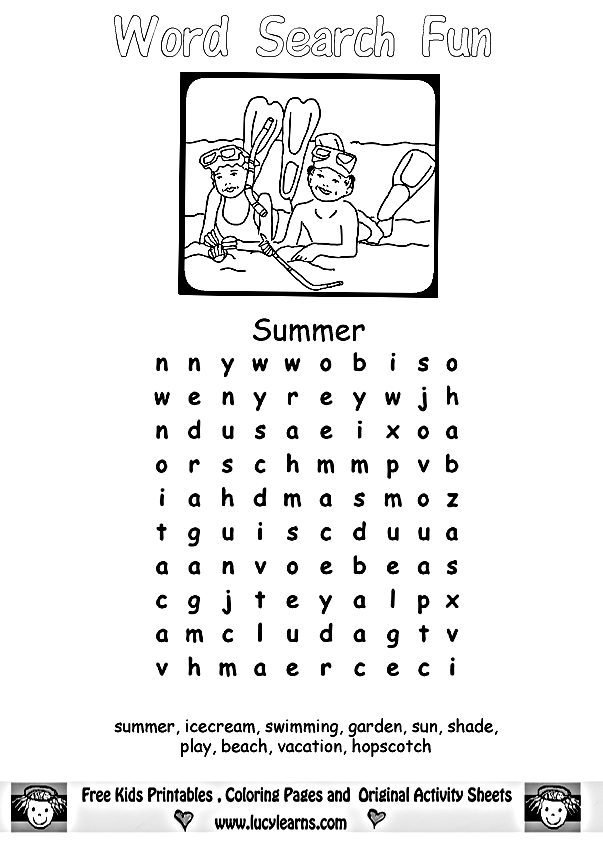
Purpose. The exercise contributes to the development of semantic reading and a deeper understanding of what is read.
"Magic puzzles"
What should be done? Cut the text into pieces-puzzles and mix. We invite the child to collect them and read the restored text. nine0015 Purpose. The exercise is quite difficult, and memory, attention, and thinking are involved. The skill of semantic reading is being improved. At first, you need to choose familiar texts, better - fairy tales.
“The word is lost”
What should be done? Read the text aloud, skipping words. The child must understand which word was missed.
Target . The exercise contributes to the development of attention, the formation of the skill of semantic guessing and a deeper understanding of what is read. nine0003
"First and last"
What should I do? The child reads the text, saying aloud only the first and last letters in the word.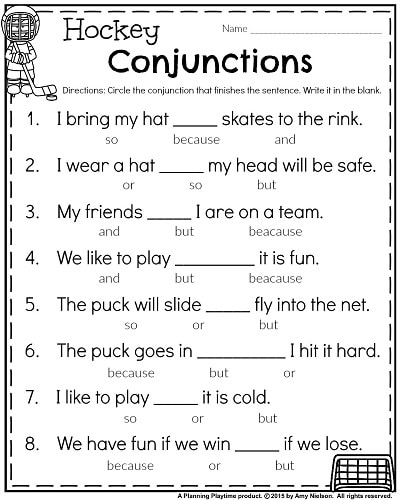 Then he should tell what he read about.
Then he should tell what he read about.
Purpose. The exercise trains concentration and quick switching of attention, teaches you to perform several actions at the same time: read, understand, memorize.
Head-tail
What should I do? Option 1. An adult reads the beginning of the word, and the child must find the "tail", that is, the end of this word. To do this, you need to quickly scan the entire text, find the word and read the ending. nine0015 Option 2. The adult reads the beginning of the sentence, and the child must find its ending.
Purpose. This is a good training for the skills of "scanning" the text with the eyes, concentration and semantic reading.
"Read and count"
What to do? The child must not only read and understand the text, but also count the words. Naturally, for starters, you need small texts - from 10-20 to 40-50 words.
Target. This exercise helps to develop attention and better understand the text.
"Shooting a movie"
What to do? Ask the child to imagine a movie based on the text. We help with leading questions, find out what he sees and feels when he reads. The task is not only to understand what the text is about, but also to hear sounds, feel smells, tastes, and experience the emotions of the characters. The child must answer your questions and retell the text. nine0015 Purpose. We develop figurative memory, speech, retelling skill. Thanks to the use of the method of co-sensation, children easily remember and tell the text with all the details, even come up with details.
G. Abdulova “We read after the ABC: we develop speed reading”
It is important to teach a child to read correctly. The book by an experienced neuropsychologist, speed reading trainer and head of the Superbrain School of Intellectual Development Gyuzel Abdulova contains interesting and fun exercises that will help a child learn to read fluently without mistakes and hesitations.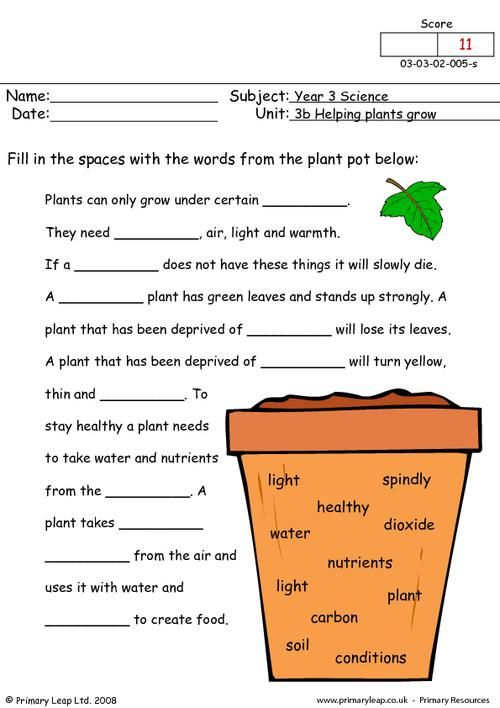 And although this book is designed for children of primary school age, it will certainly be interesting for parents to study: try to quickly read the text upside down or find a few words in a whole sea of scattered letters. nine0003
And although this book is designed for children of primary school age, it will certainly be interesting for parents to study: try to quickly read the text upside down or find a few words in a whole sea of scattered letters. nine0003
See also :
5 memory games
How to teach your child to read confidently: 5 tips for parents
"Secrets" and four more children's games for the street
Photo: Prostock-studio, Alex2stundr Luis Molinero/Shutterstock
tips
Educational games for 5-6 year olds with parents at home
Playing for preschoolers is not just fun, it's a necessity. Through the game, the child develops, the formation of his personality takes place. The game helps to master the rules, broaden your horizons, develop perseverance, train mindfulness. These qualities are necessary for an older preschool child, especially before entering school. nine0003
Any activity with a child must be age appropriate.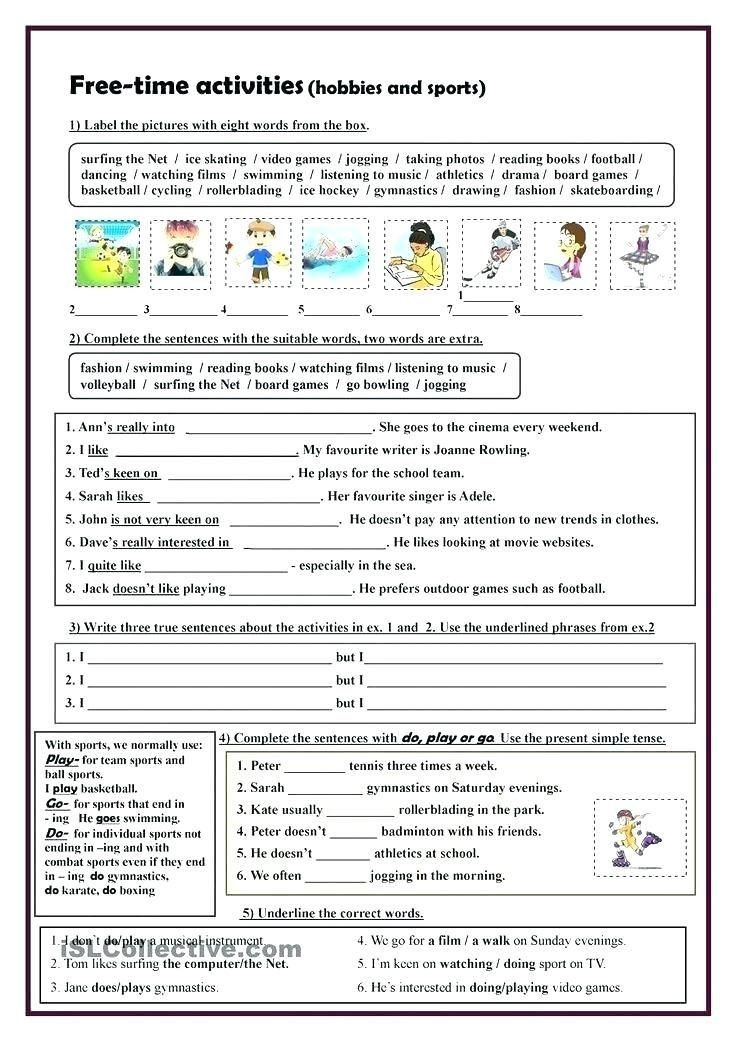 In this article, we will consider which games are most suitable for children 5-6 years old, and we will understand their classification.
In this article, we will consider which games are most suitable for children 5-6 years old, and we will understand their classification.
Article content:
- Outdoor games
- Board games
- Educational games
- Educational games
- Advice for parents
- Output
Outdoor games
Outdoor games for children are useful in that they develop reaction, dexterity, endurance, coordination of movements, and add extreme sports. For preschoolers 5-6 years old, an outdoor game lasts 20-25 minutes. This type of play allows children to throw out the energy that accumulates during the day.
In kindergartens, after an active daytime walk, children have no problems going to bed during the waking hours. This practice can be used at home when you want to put your baby to bed.
- Giant Lilliputians. When an adult says "Lilliputians", the children squat as low as possible to the ground.
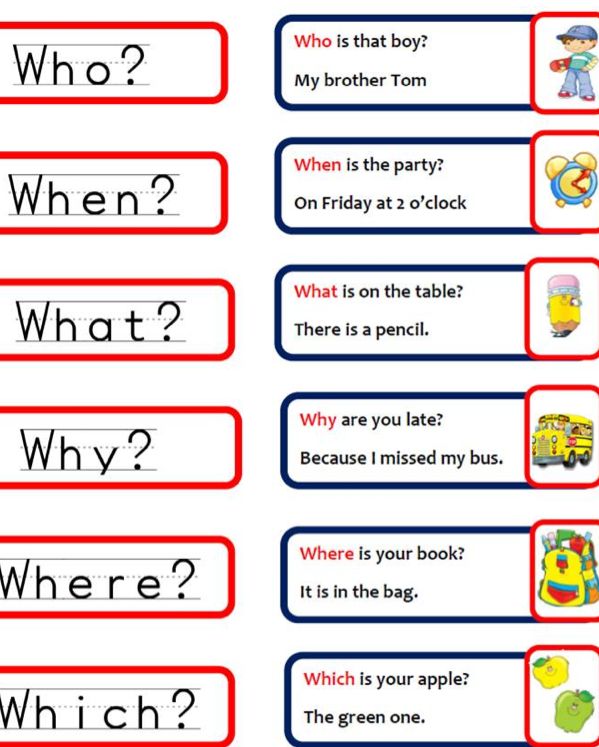 Hearing the word "giants", they rise up on their toes and pull their hands high up. Make the task more difficult and intentionally confuse the child by naming the word and showing the wrong movement. Playing at a fast pace will encourage the baby to be more attentive and focused, as well as strengthen leg muscles. nine0187
Hearing the word "giants", they rise up on their toes and pull their hands high up. Make the task more difficult and intentionally confuse the child by naming the word and showing the wrong movement. Playing at a fast pace will encourage the baby to be more attentive and focused, as well as strengthen leg muscles. nine0187 - "Do the opposite." For six year olds, this game will be a real challenge to train their attention. An adult shows the movements, and the child must come up with a version in reverse. If the leader jumped, the participant of the game sits down. If the facilitator stretched his hands forward, the participant hides them, and so on.
- Dance Marathon. Host a dance marathon for the whole family. To do this, you need a good mood, incendiary music and at least 2 participants. To diversify the game, the adult stops the music, and the children freeze in the position in which they remain. Music games improve mood, relieve fatigue and strengthen the relationship between parent and child.
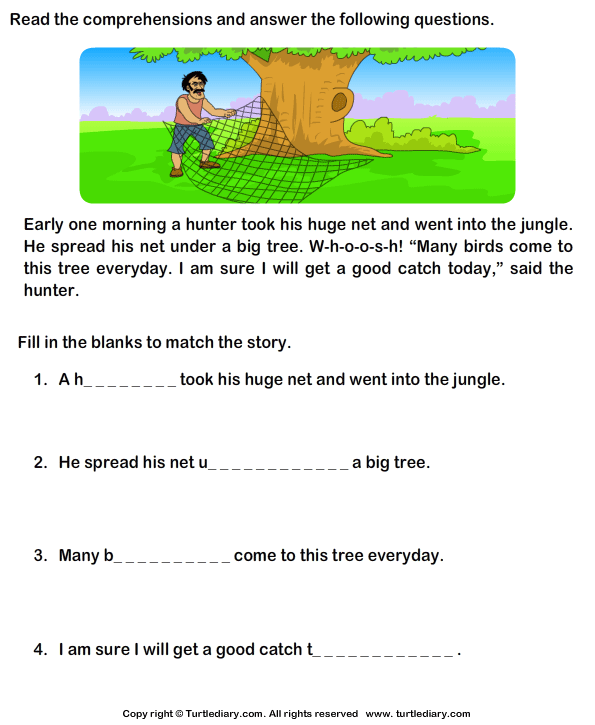 nine0187
nine0187
Board games
For children aged 5-6, board games are an exciting activity. This type of game teaches the child to act according to the rules, to wait for his turn, to be able to negotiate. The desktops always have some paraphernalia that you can touch: cubes, puzzles, figures. Tactile contact with them develops not only curiosity, but also fine motor skills of the child.
There are board games that are more suitable for girls, for example with the heroines of fairy tales. It is also important to select desktops for boys taking into account their interests. nine0003
- Jenga. A popular game that develops fine motor skills. Suitable for adults and children. It is a set of wooden bars. The game begins with the construction of a tower of 3 bars, 3 more bars are placed on top, but in a different direction, and so on with the whole set. When the tower is built, the participants take out a block with one hand so that nothing collapses.
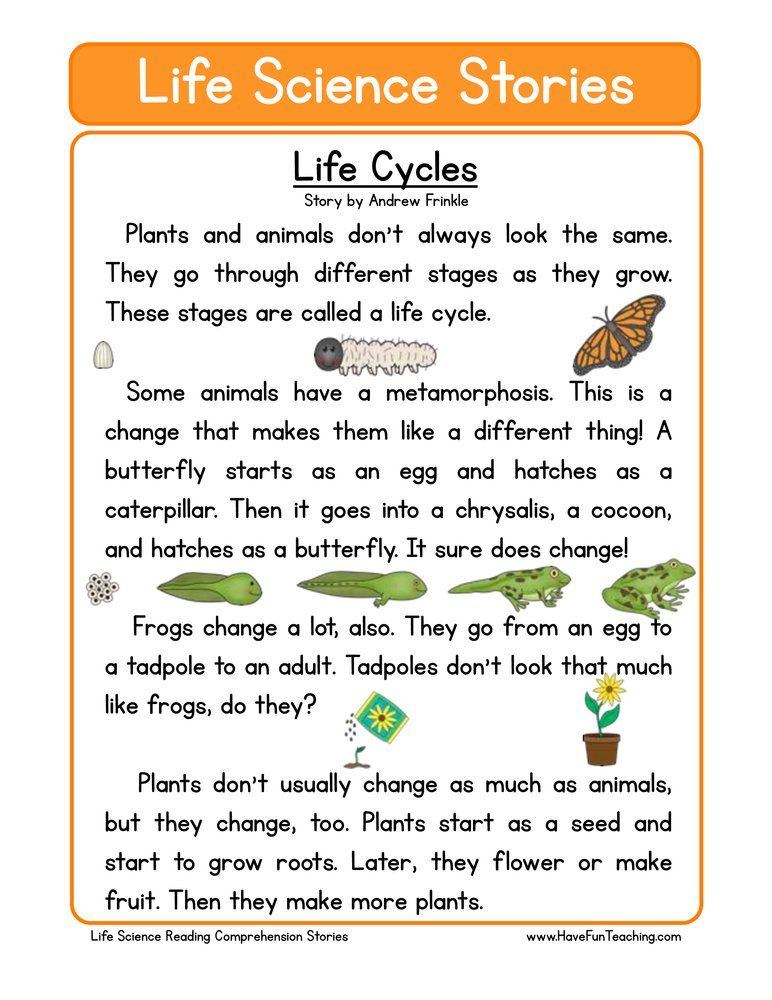 The elongated block is placed on top of the tower. The one whose turn the tower collapses loses.
The elongated block is placed on top of the tower. The one whose turn the tower collapses loses. - Monopoly. The game exists in various variations. Choose a children's monopoly for children from 5 years old. The number of participants is from 2 to 4 people. The main benefit of a monopoly is that it allows you to master the skills of the economy. All players pass the playing field in turn. The roll of the die determines how many steps the contestant must take. The winner is the one who achieves the bankruptcy of other players and becomes a monopolist. nine0187
Educational games
Adults should pay special attention to educational games. The child chooses those games that respond to him. Therefore, the parent manages the activities of his child, offers options for games that help develop.
Consider 2 variants of educational games for children.
For the development of intelligence
Logic games combine 2 important functions - entertainment and development.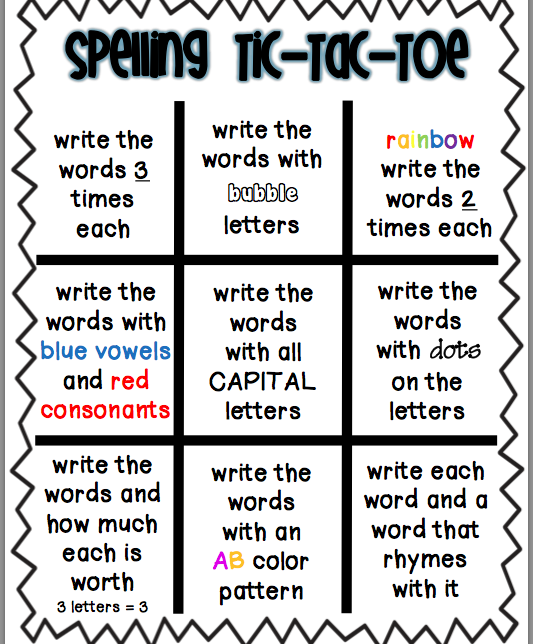 A child who often plays such games is distinguished by lively thinking, a broad outlook, curiosity and sociality. nine0003
A child who often plays such games is distinguished by lively thinking, a broad outlook, curiosity and sociality. nine0003
Examples of mind games:
- Quizzes for which you need to compose questions and prepare prizes for correct answers. For a 5-year-old child, select questions on the topics of fairy tales (“Who left his grandmother and left his grandfather?”), Nature (“When the sun sets, is that called ...?”), Seasons (“What season comes after spring?” ). Ask children 6 years old to answer questions on the following topics: days of the week (“What day of the week follows Thursday?”), household items (“What device helps to count numbers?”), social world (“What do they call people who have a wedding?” ). nine0187
- Solving puzzles is a good way for the logical development of children 5-6 years old. It is necessary to teach the child to guess the encrypted word, starting from simple options. As soon as the baby learns the basics, complicate the puzzles, along the way explaining the new rules.
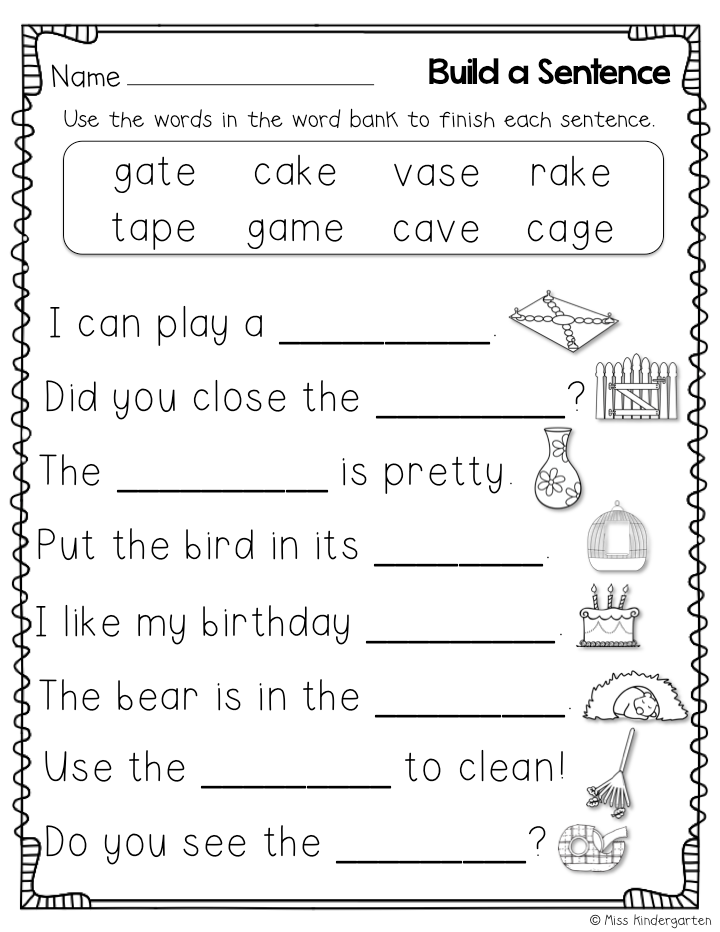
For the development of speech
Word games with children are very easy to organize at home. Clear and expressive speech, the ability to express one's thoughts will help the child quickly adapt to new conditions at school. Why it is so important to pay attention to the development of speech, read the article "How to teach a child to speak: ways, games and exercises." nine0003
Examples of what to play with a child to develop speech:
- “Choose a rhyme”. The adult calls the word, and the child comes up with rhymes. Write down all the rhymes and compose a poem with your child. The game allows you to replenish vocabulary and develops literary creativity.
- "Pick a word." The leader throws the ball and calls any part of speech (noun, verb). Participants choose the word that makes sense. For example, "ball" - "jumps", "beautiful" - "doll". nine0187
- "Choose an antonym." The facilitator calls the word and invites the participants to pick up the word in reverse, explaining that such words are called antonyms.
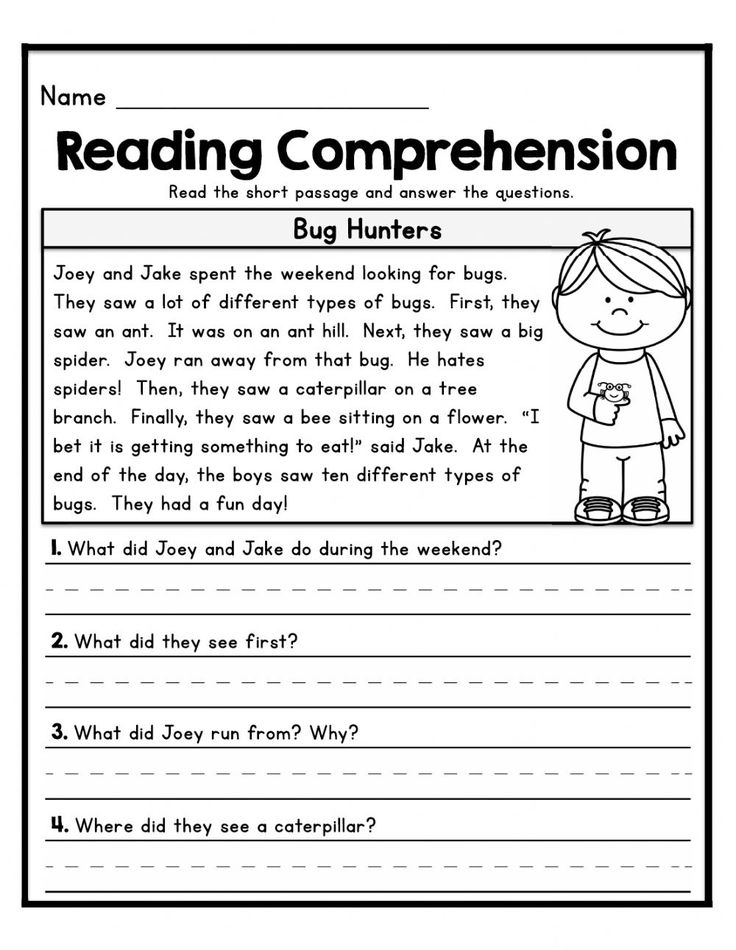 The game expands vocabulary and reinforces the concepts of the Russian language.
The game expands vocabulary and reinforces the concepts of the Russian language.
Educational games
Educational games for children develop mental processes: memory, thinking, imagination. The purpose of the cognitive game is to teach the child the knowledge, skills, actions necessary for further development. nine0003
For learning to read and write
Learning to read and write begins with your child's familiarity with letters and sounds. When a preschooler learns to hear individual sounds in a word, then he will be able to write. You can develop this skill with the help of games:
- “Name the words starting with the letter…”: the adult calls the letter, and the child selects as many words as possible that begin with this letter. At the initial stage, use pictures with images of words to help.
- "Find the letter": an adult shows pictures with images of letters in different fonts and sizes.
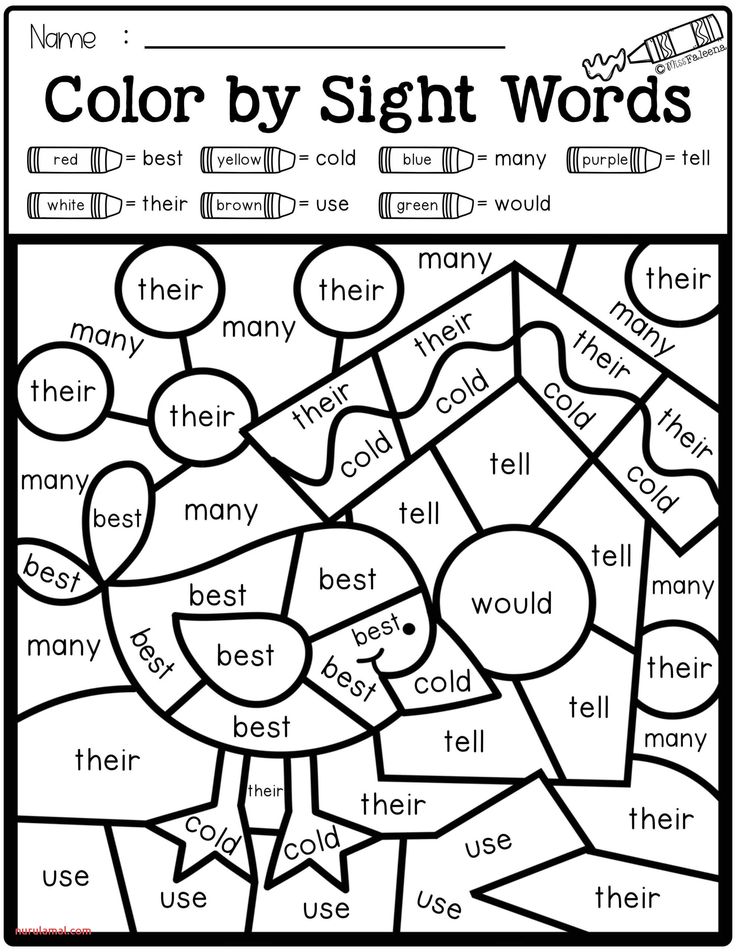 The child must find the letter that was asked. With the help of visual memory, a preschooler will remember what the letters look like and will be able to write them on their own. nine0187
The child must find the letter that was asked. With the help of visual memory, a preschooler will remember what the letters look like and will be able to write them on their own. nine0187
Math
Math games help children aged 5-6 get ready for school. Introduction to mathematics begins with teaching numbers, counting, and then calculations. It will be easier for a child to master mathematical representations if you pick up entertaining games.
- "Geometric figures". The game with a 5-year-old child is aimed at developing knowledge of geometric shapes that can be cut out of cardboard. The adult calls the figure, and the child chooses it among the other figures. At the end of the game, build a house or any other figure together. nine0187
- "Tell me, what number is missing?". A game for children who can consistently count up to 20. You must fill in the missing numbers that come before, between or after the given number.
To teach retelling
The ability to retell texts must be trained from preschool age.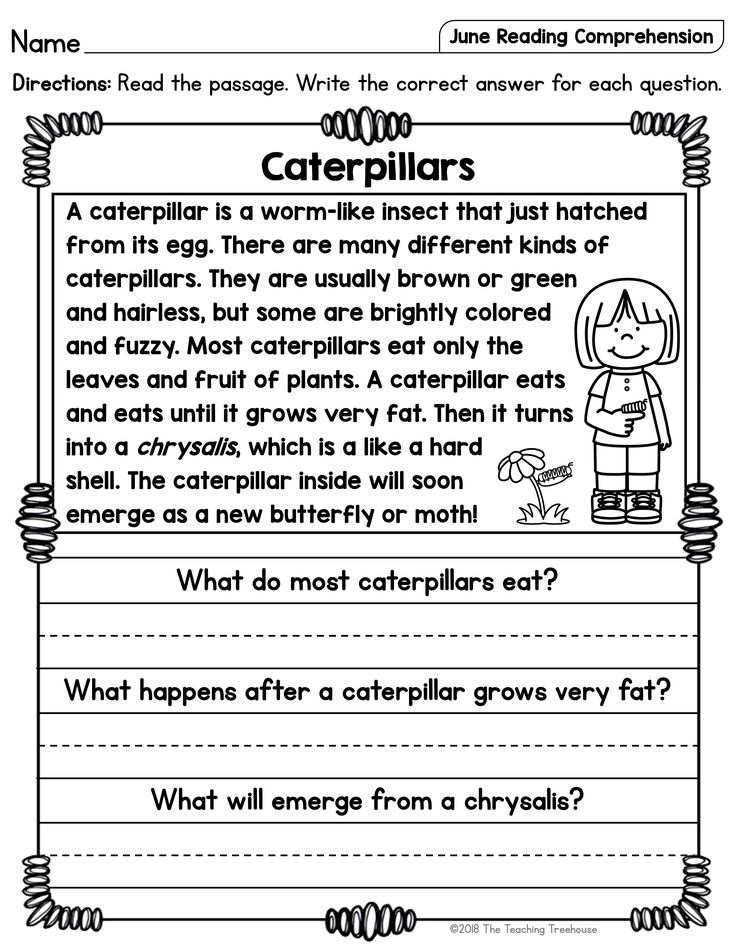 Do this while doing household chores. Let the child tell what happened in their favorite cartoon or book. To diversify children's activities, use games for five-year-olds and six-year-olds. nine0003
Do this while doing household chores. Let the child tell what happened in their favorite cartoon or book. To diversify children's activities, use games for five-year-olds and six-year-olds. nine0003
- Theater at Home. Choose a story that your child likes. Assign roles and arrange a theatrical performance. Children really like to try on the roles of their favorite characters, so remembering the script will not be difficult. Such an activity will teach the child not only to memorize and retell the text, but also to make the speech expressive.
- "Letter from a forest dweller". For five year olds, playing with an imaginary animal will be a fun way to imagine how this or that character feels. Prepare a set of pictures with a story, for example, how one day in the life of a hare goes. Invite your child to make up a story from the pictures or complete their own version. nine0187
Advice for Parents
- Discuss the rules before you start playing games.

- To avoid injury during outdoor play, instruct and inspect the play area for safety.
- Games with children 5-6 years old form behavior patterns, so choose useful options.
- Use every opportunity for the development of the child: at home, on a walk, in developing circles.
- Sincerely rejoice in the victories of the baby and do not focus on failures. Parental support is important for a child's development. nine0187
Read also: what a child should know and be able to do at 5 and 6 years old.
Conclusion
Playing with a child at home is a great pastime for adults and children. Unfortunately, there is not always time and opportunity to pay enough attention to this.
Children's clubs and kindergartens "Baby Club" offer parents general developmental and additional programs for children from 8 months to 7 years. Classes are held in a playful way, suitable for the age of the child.